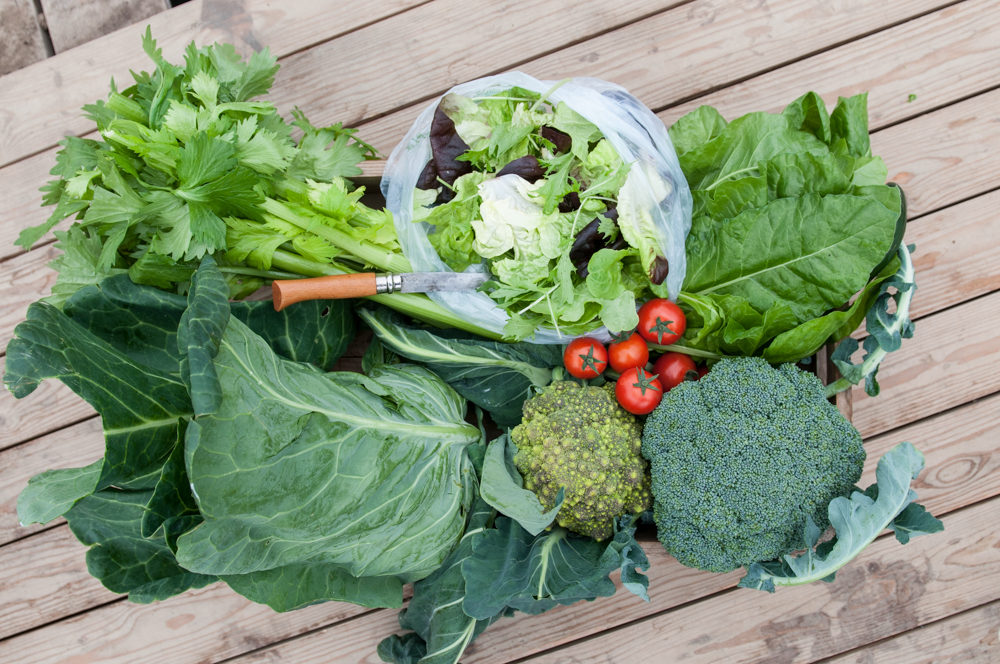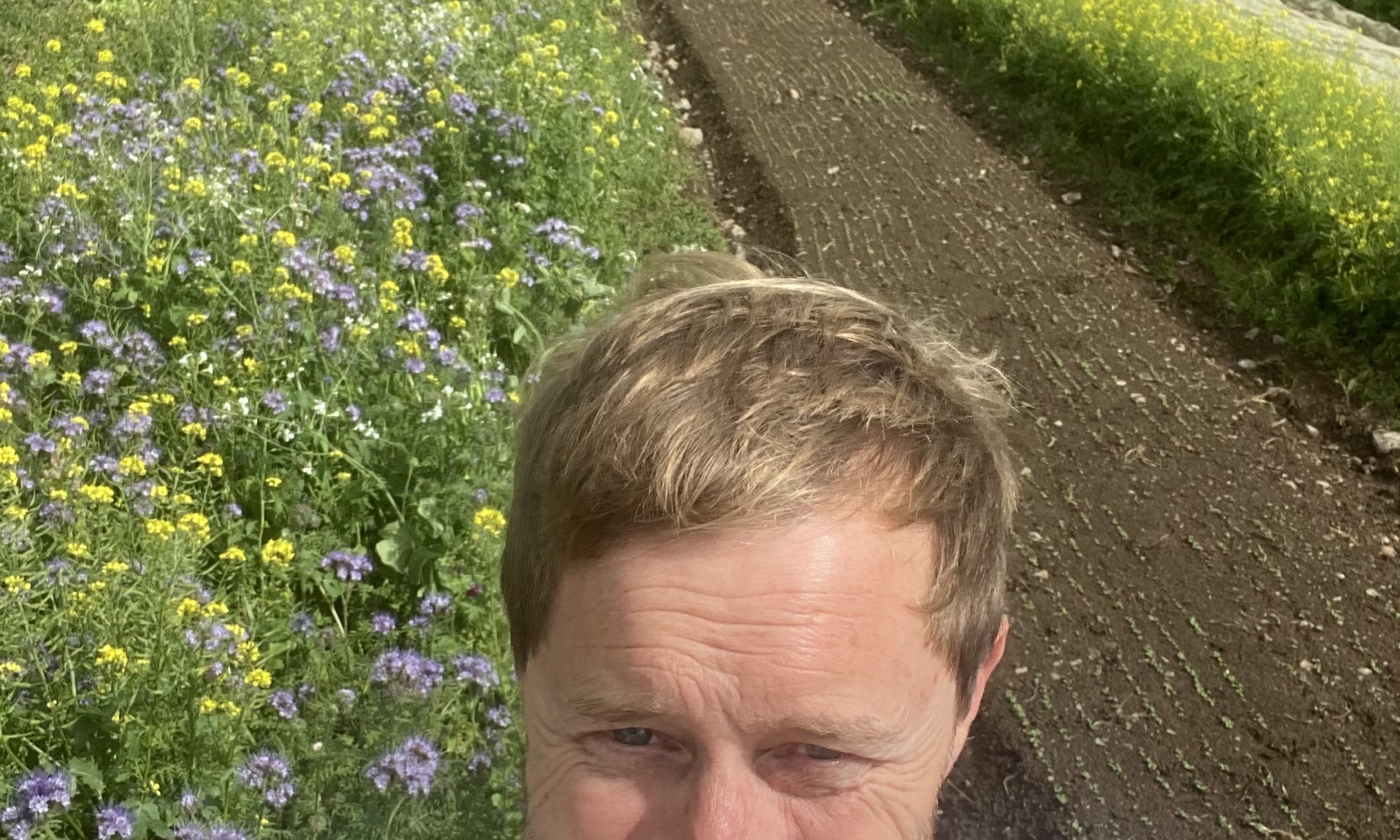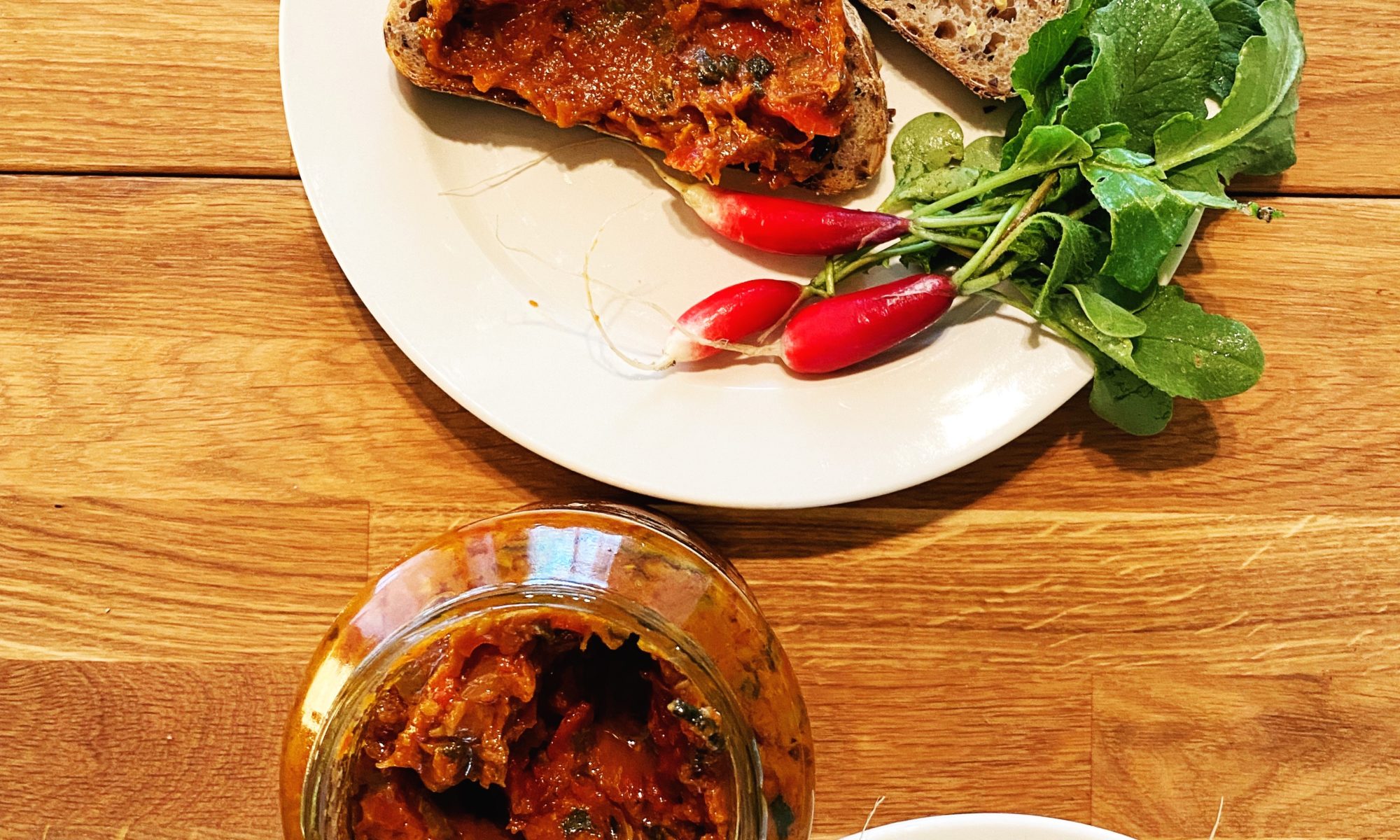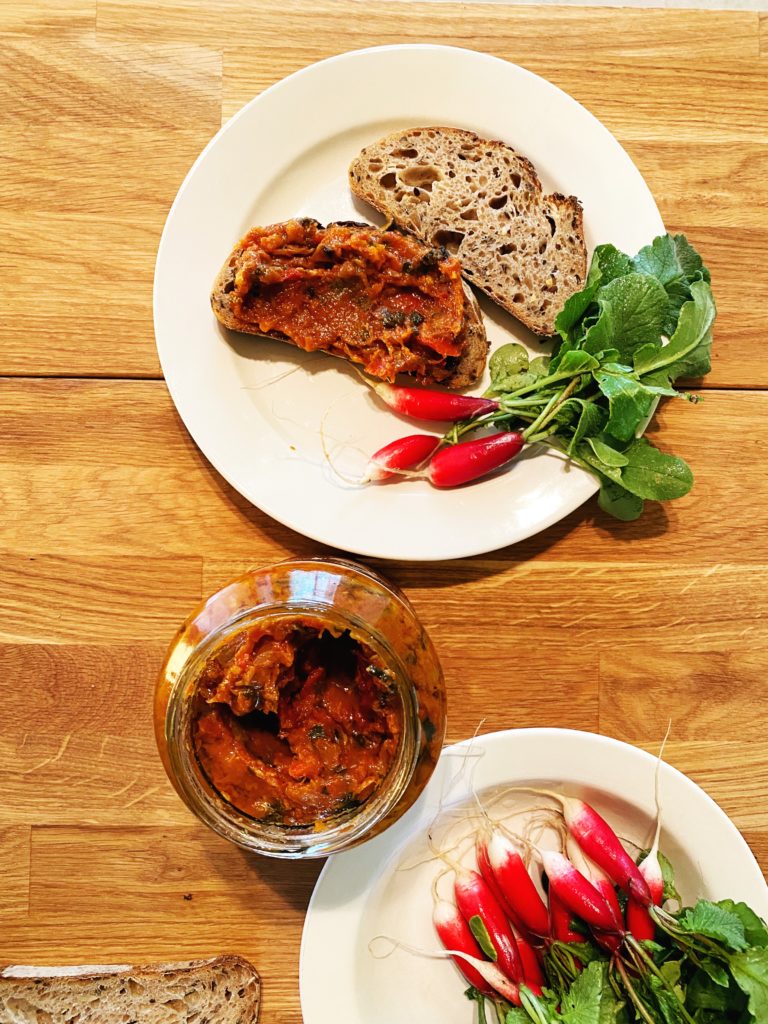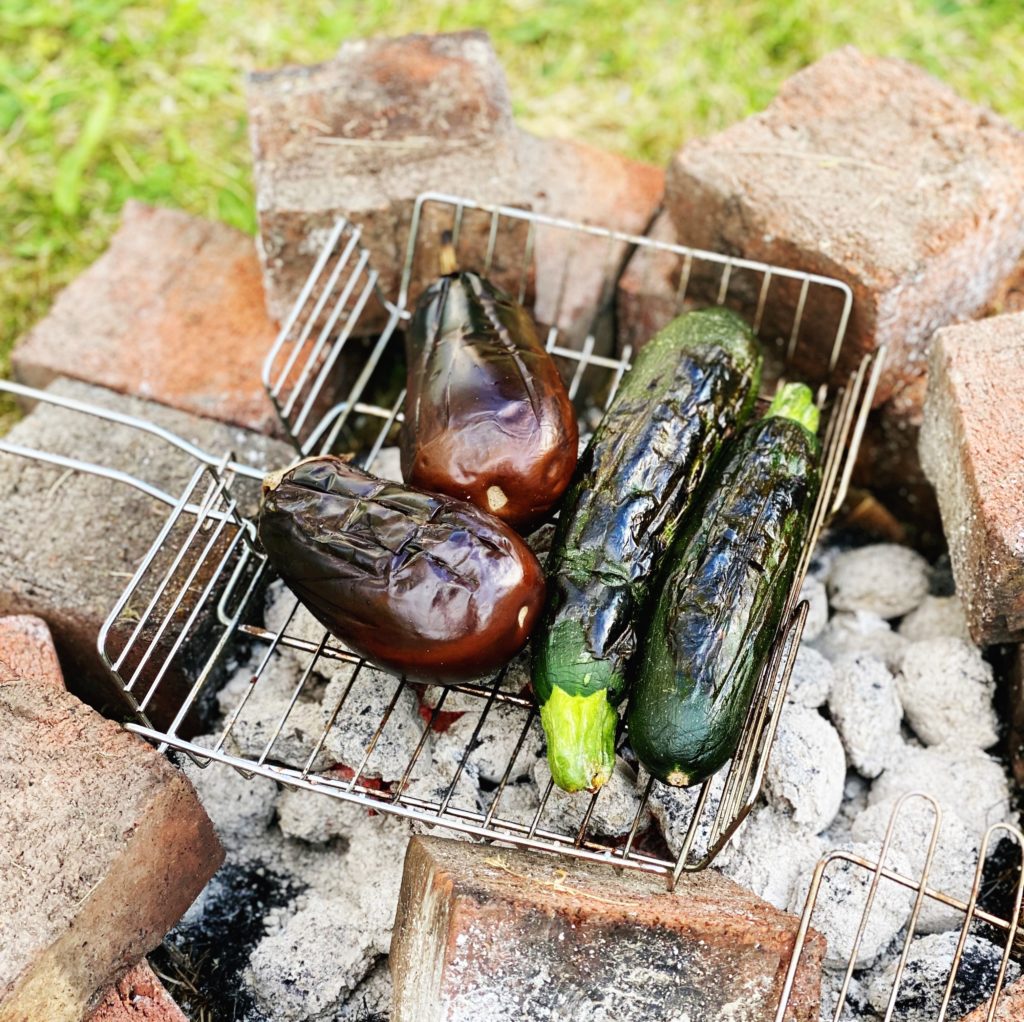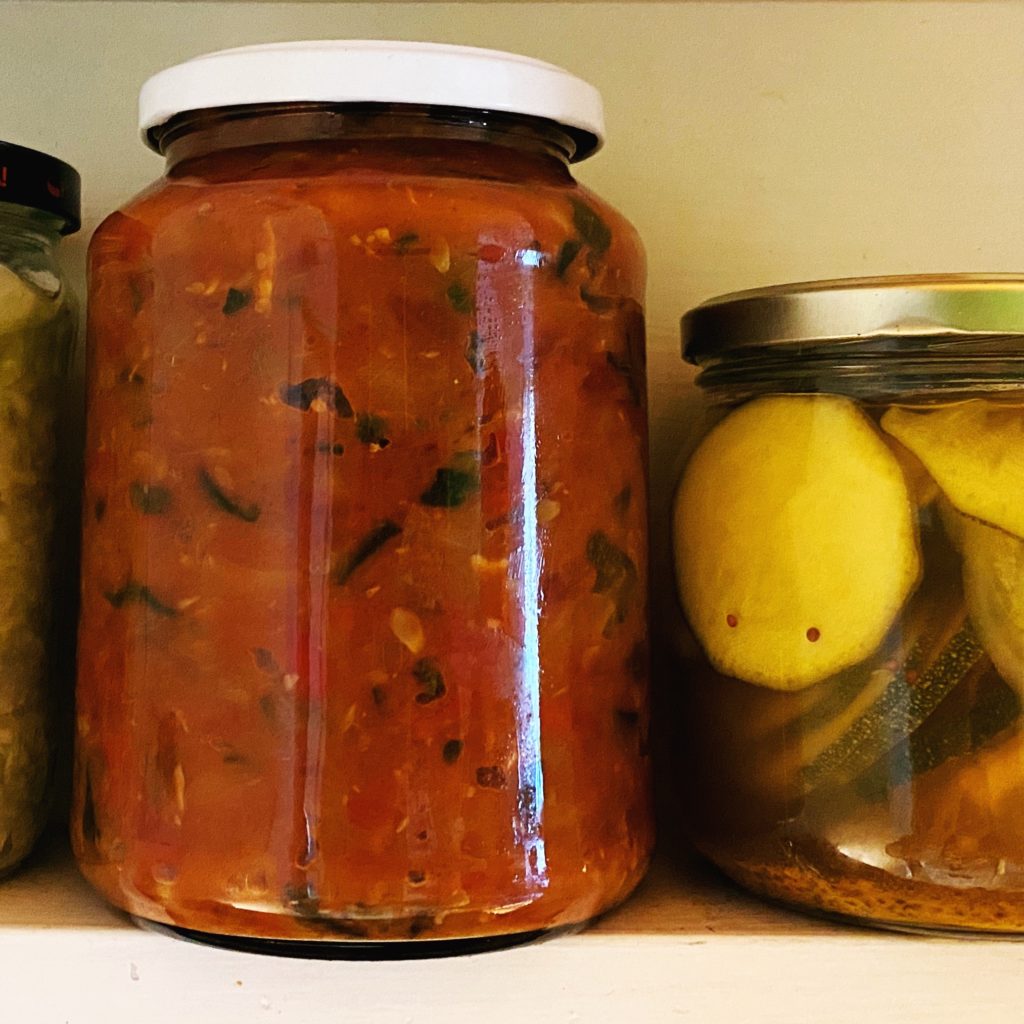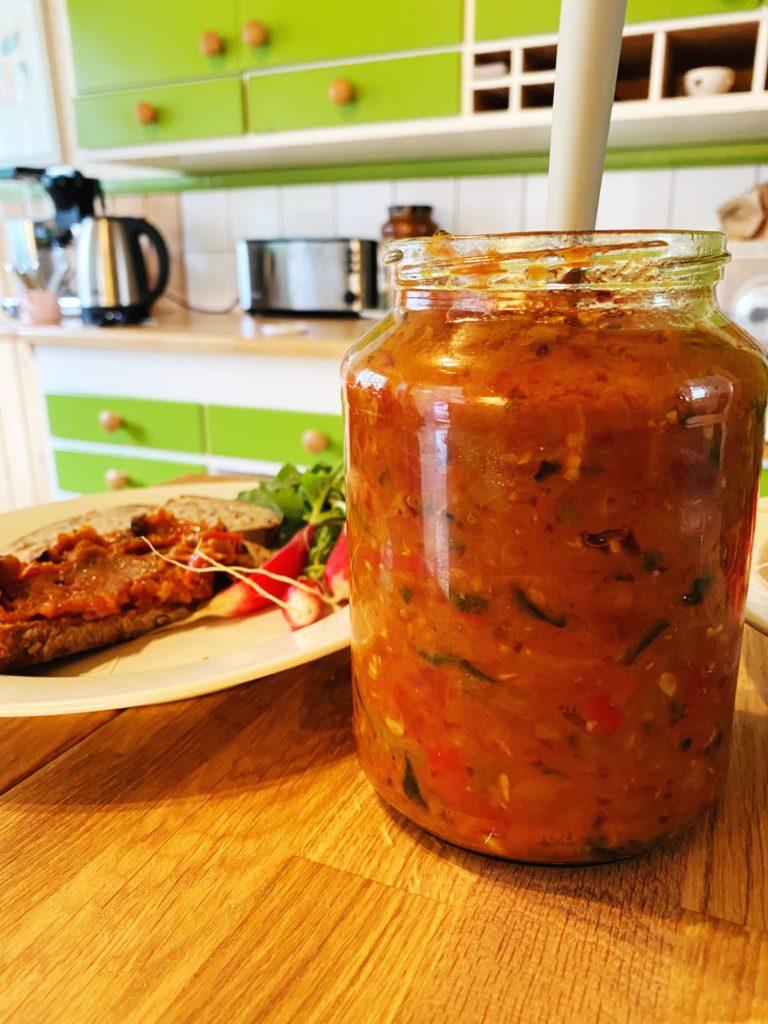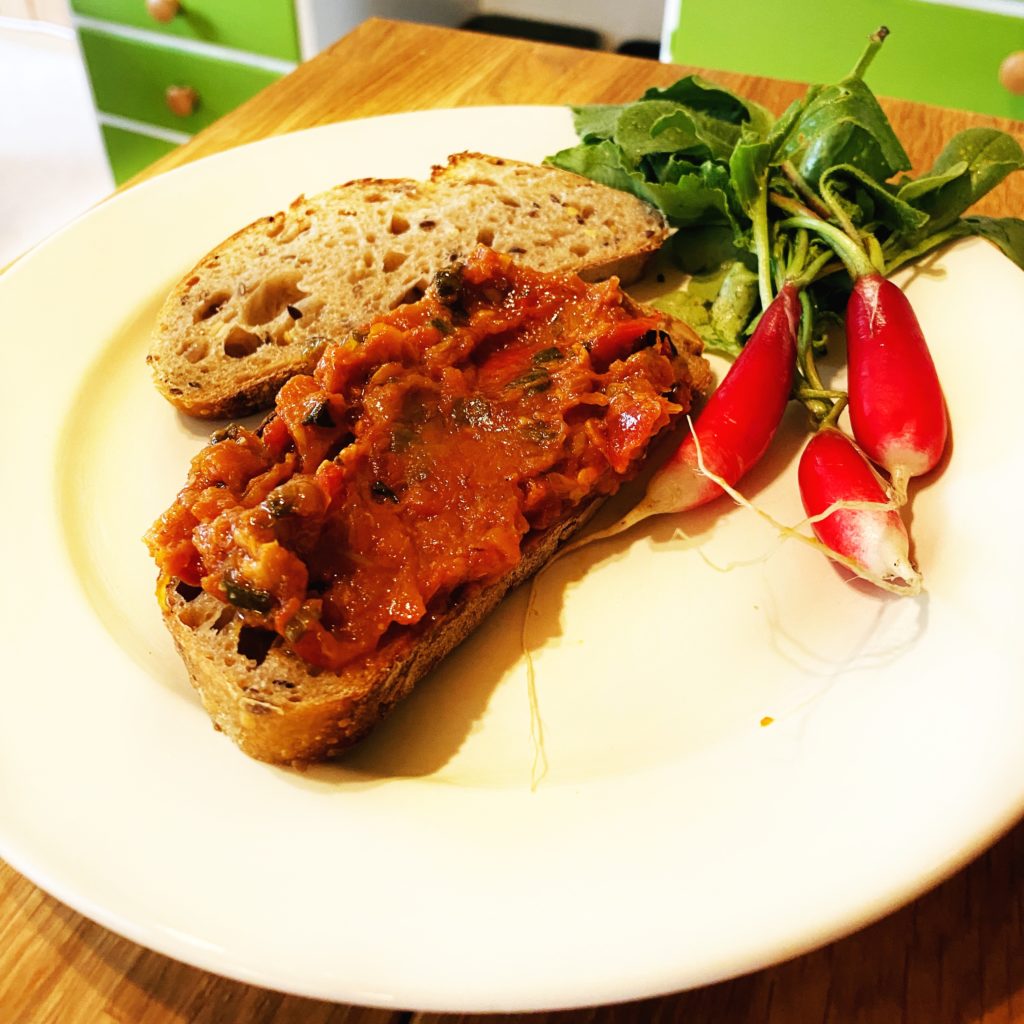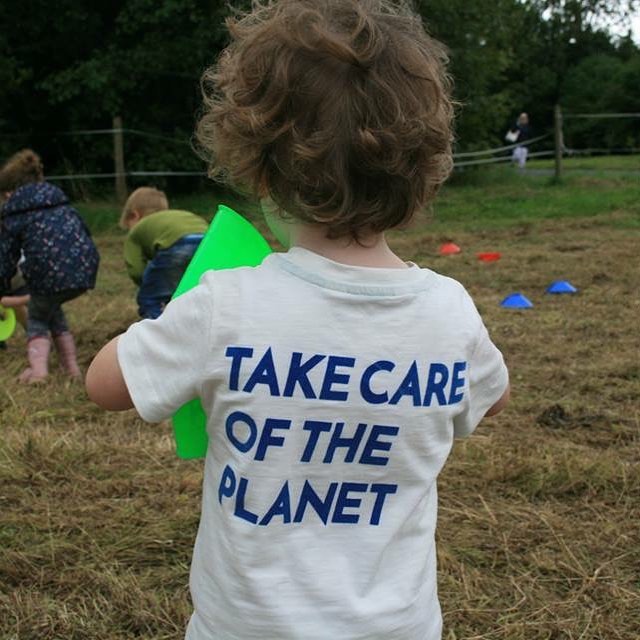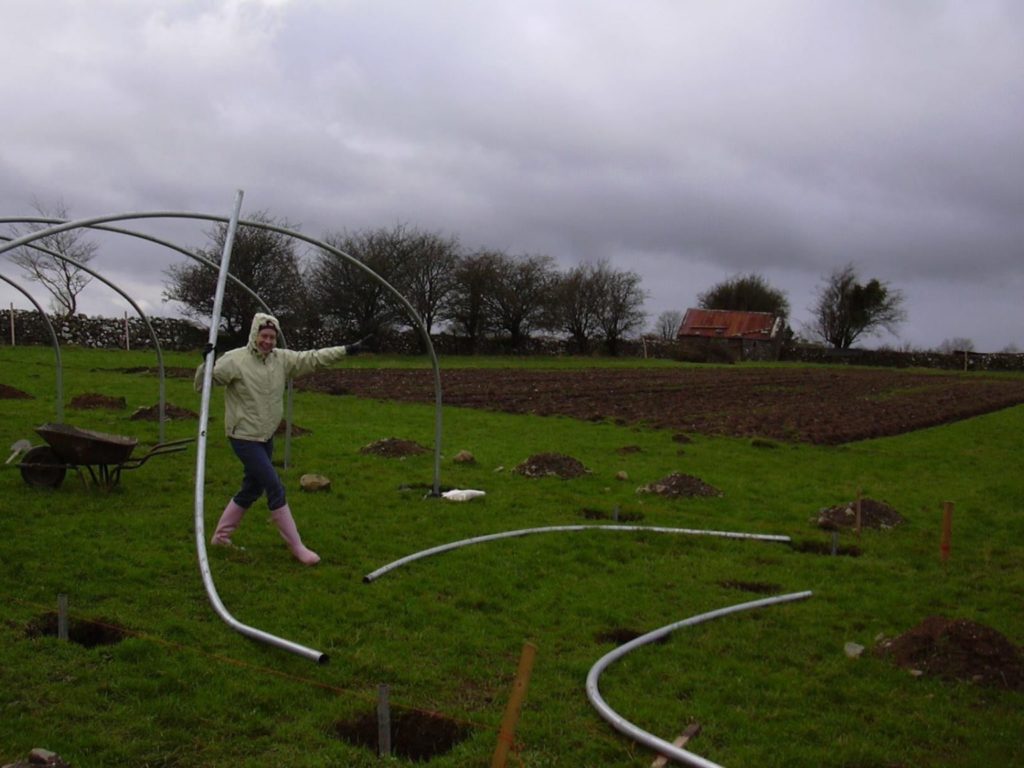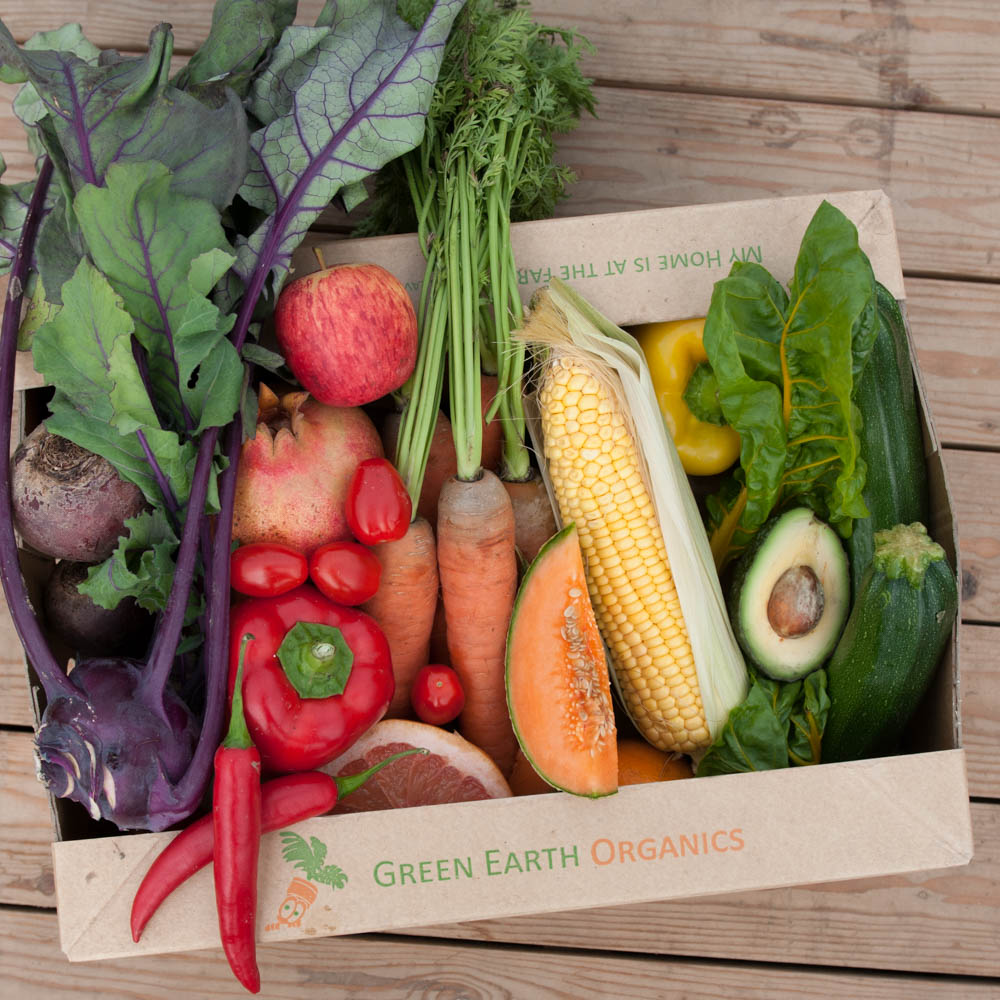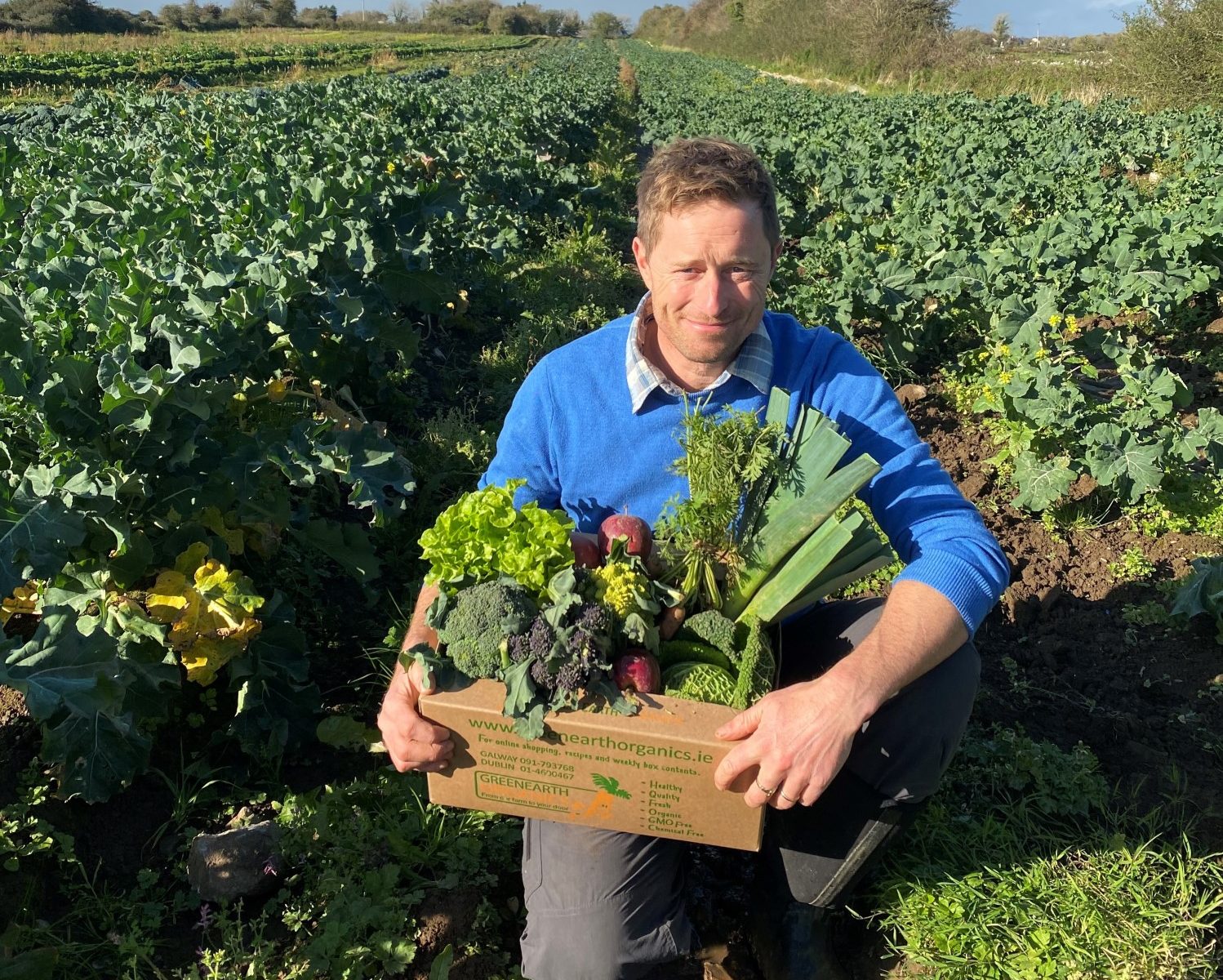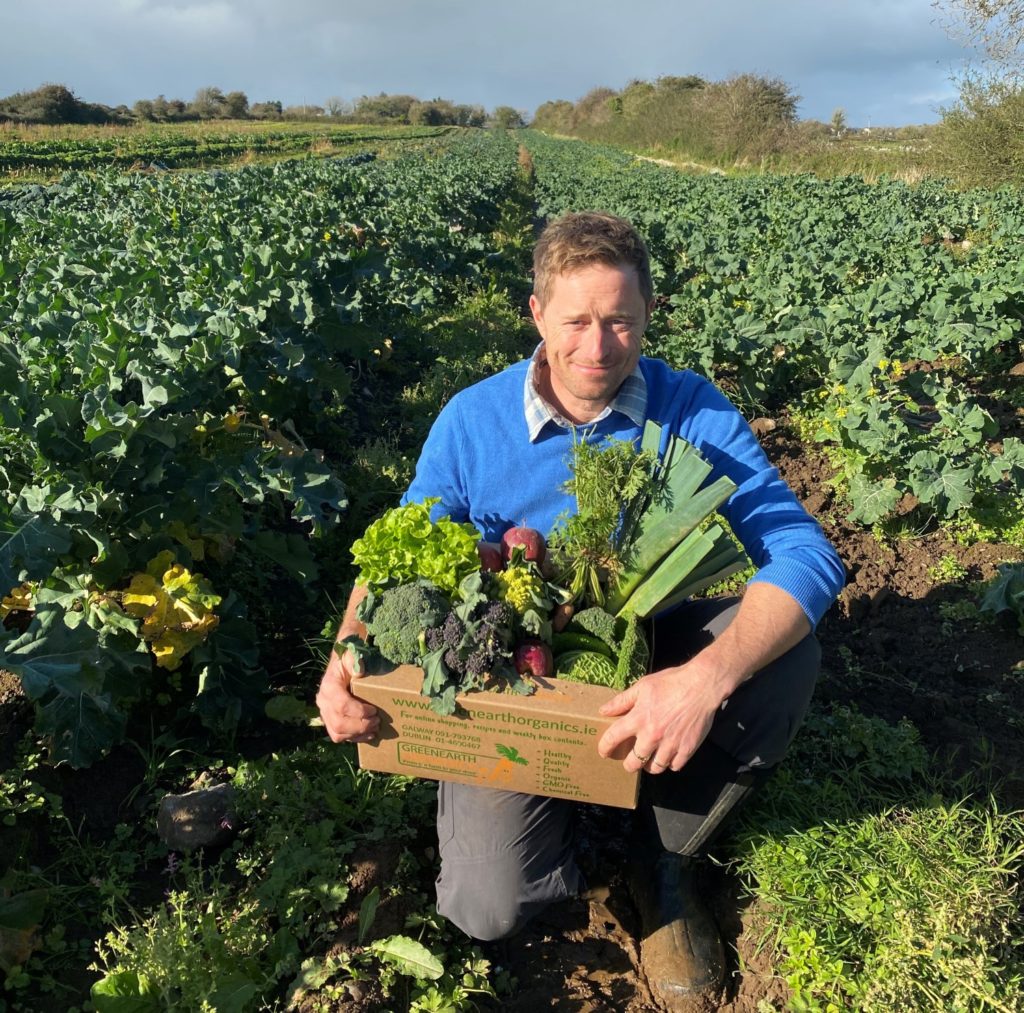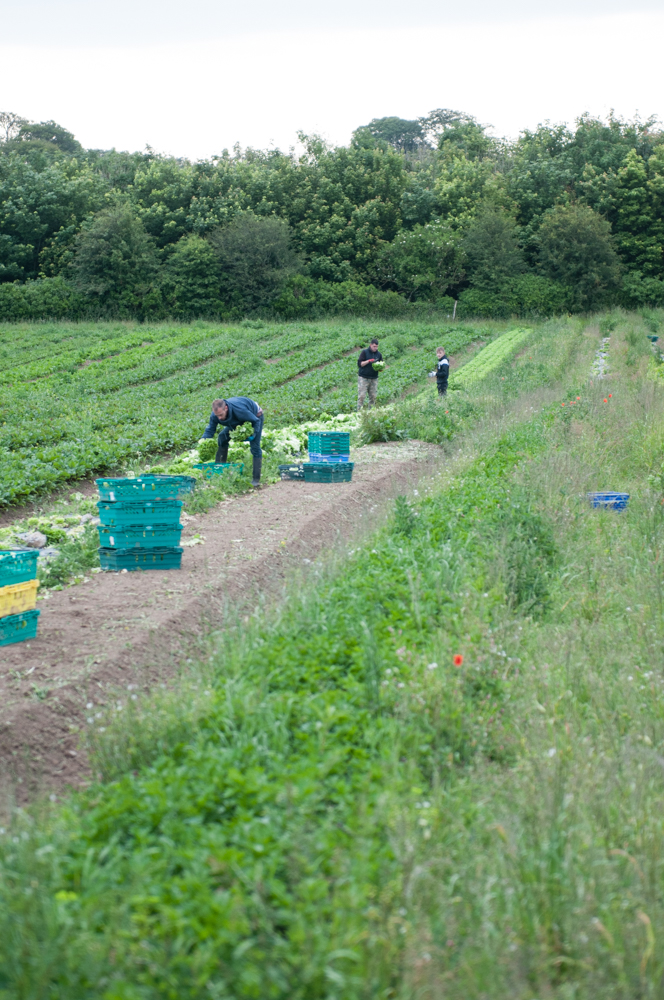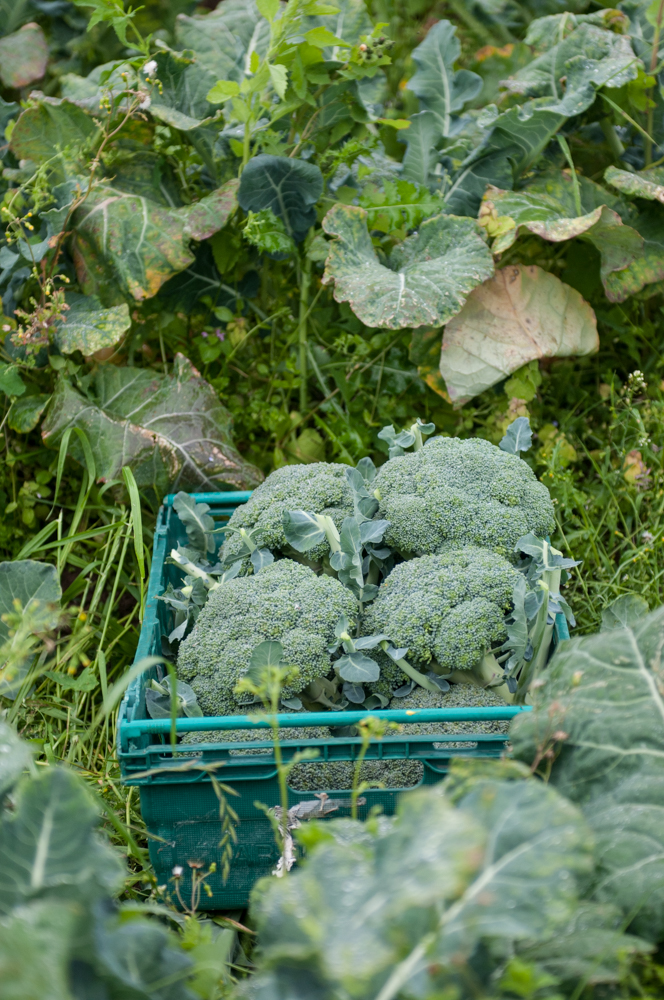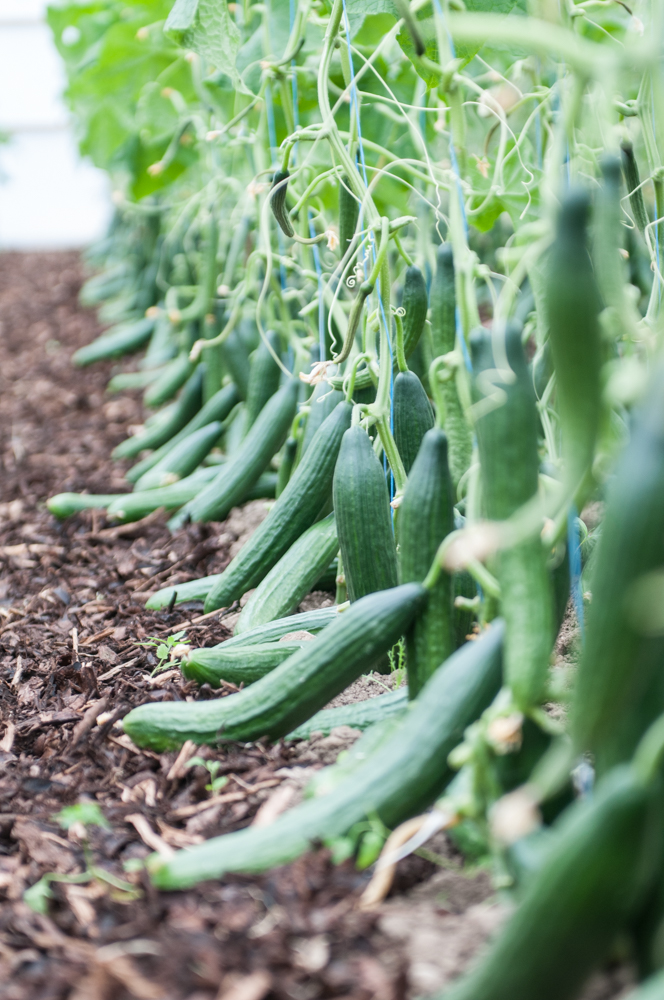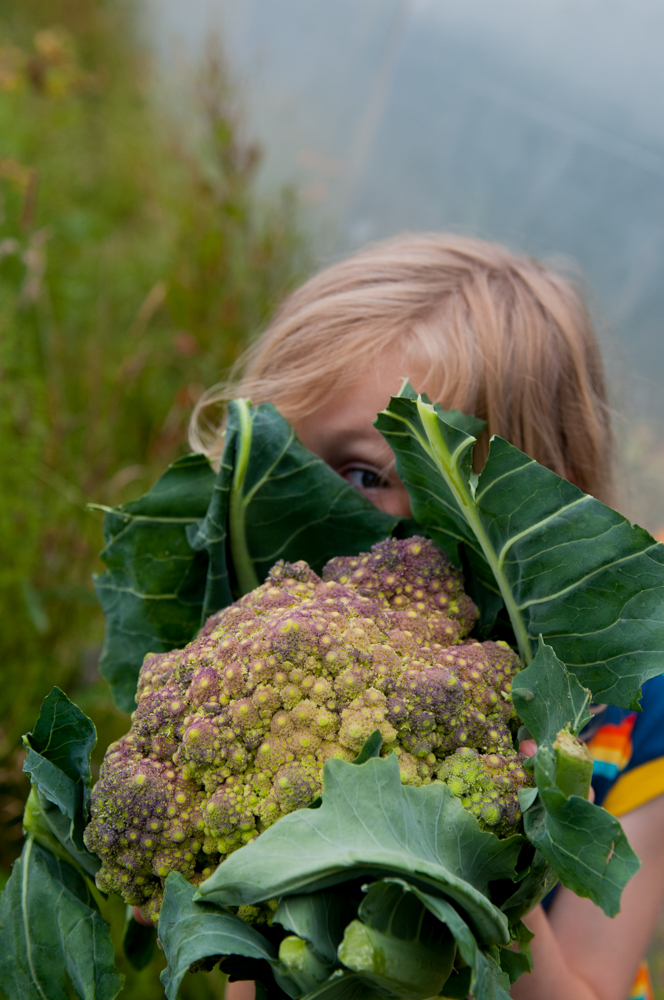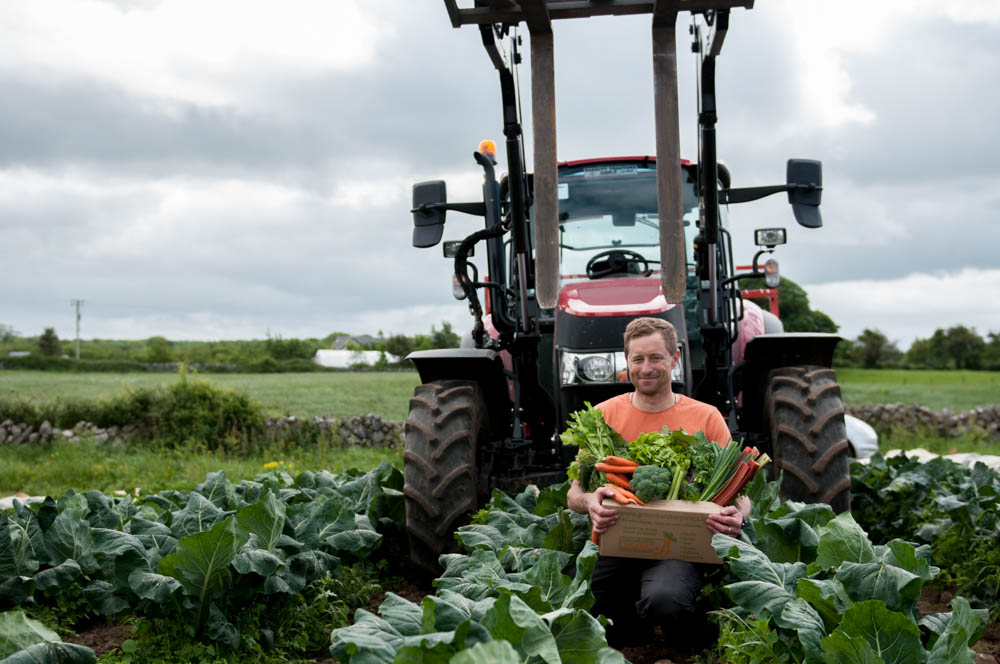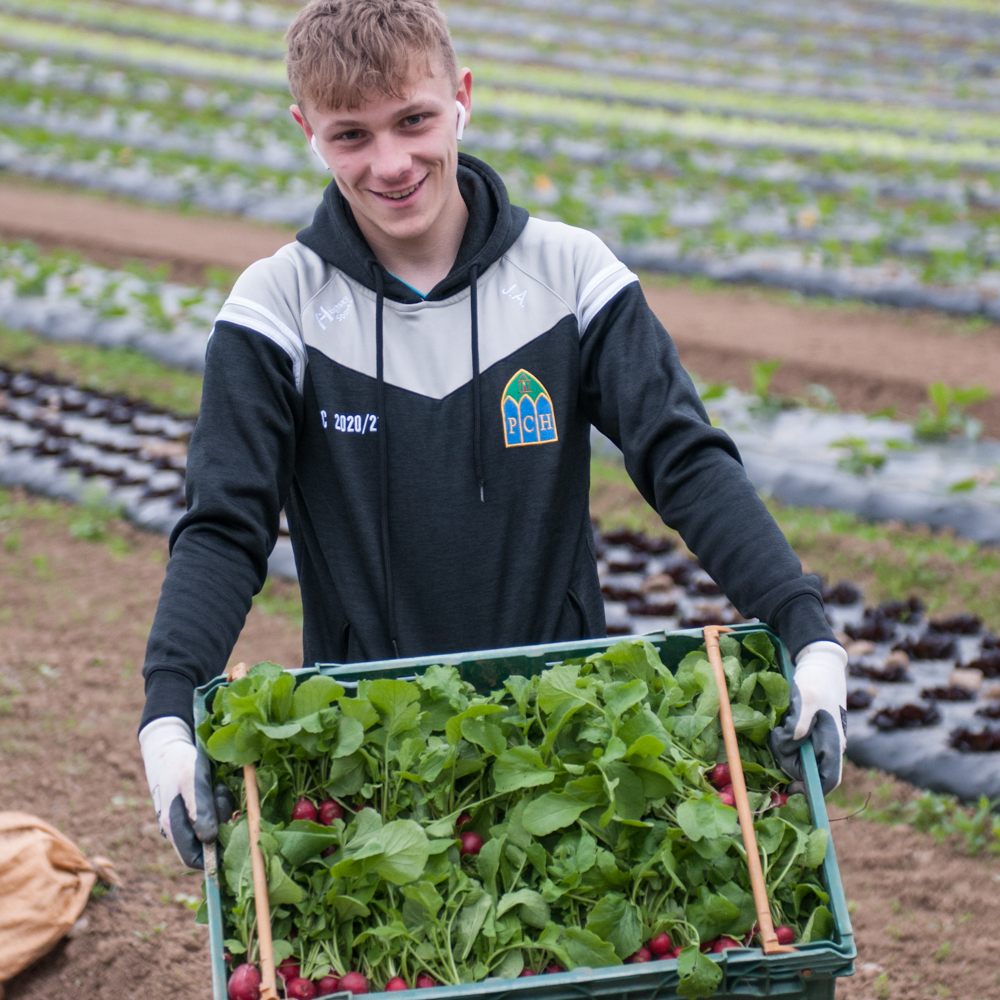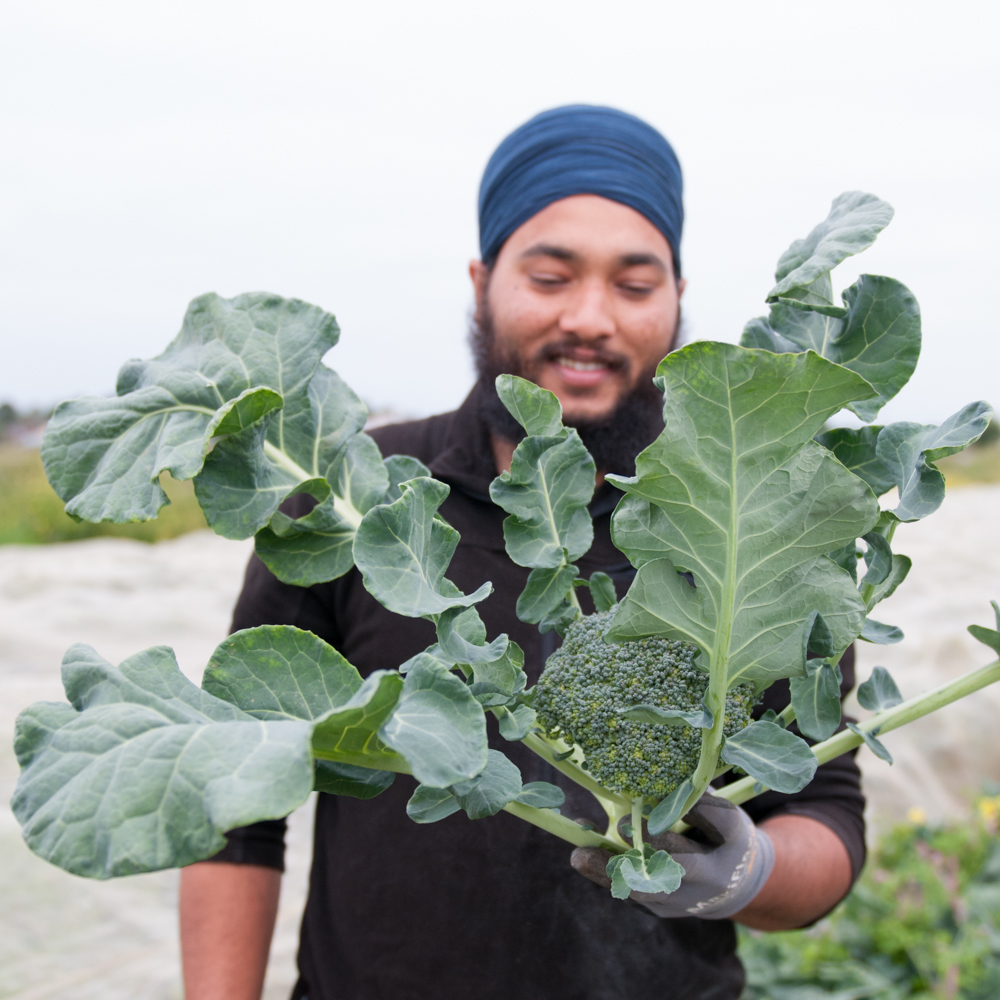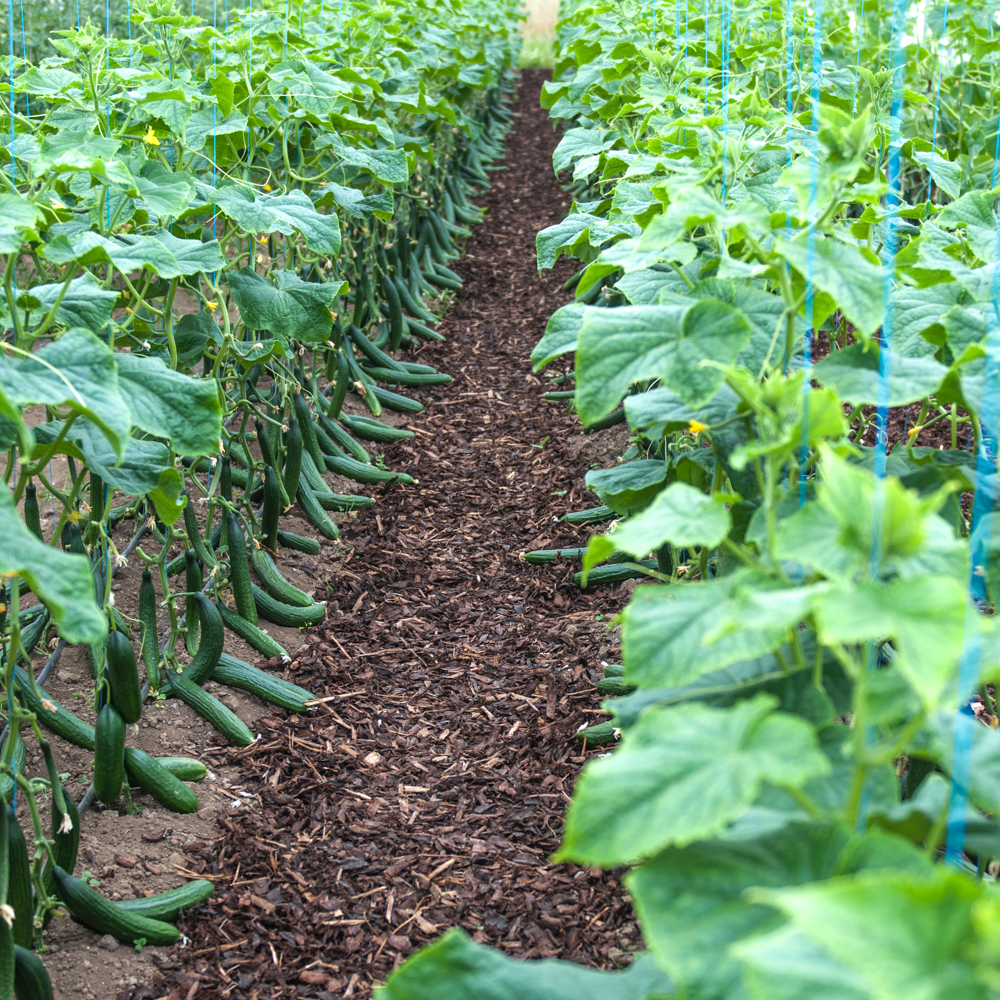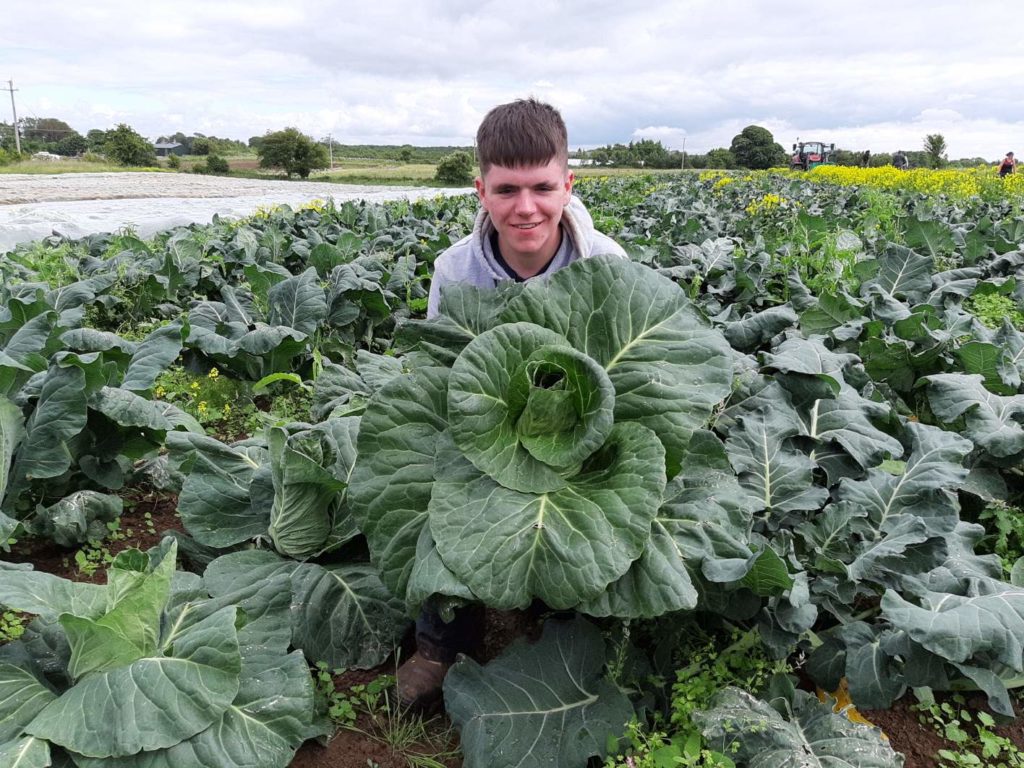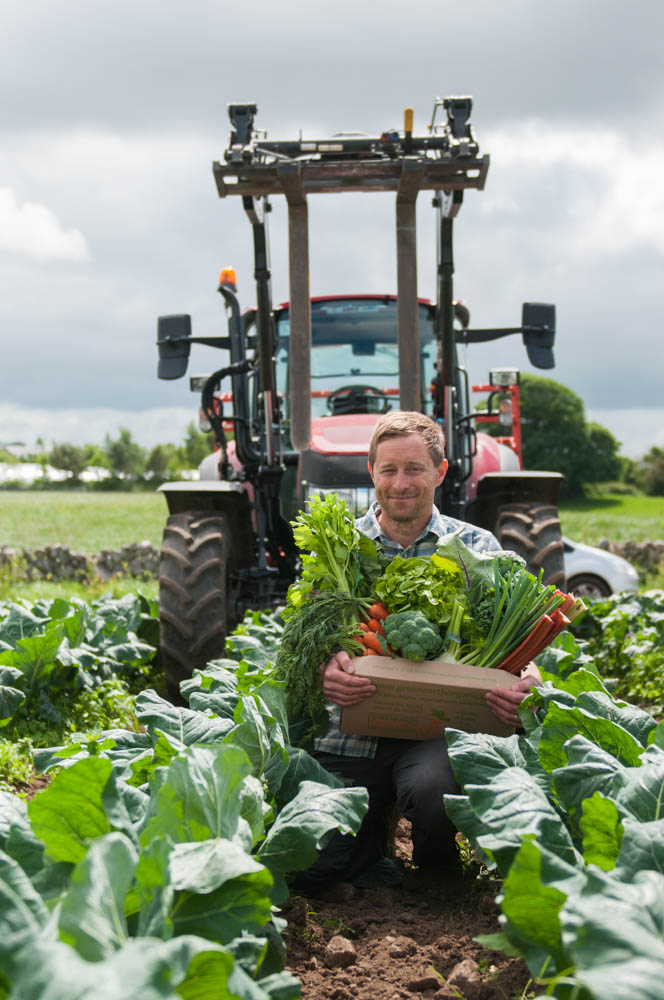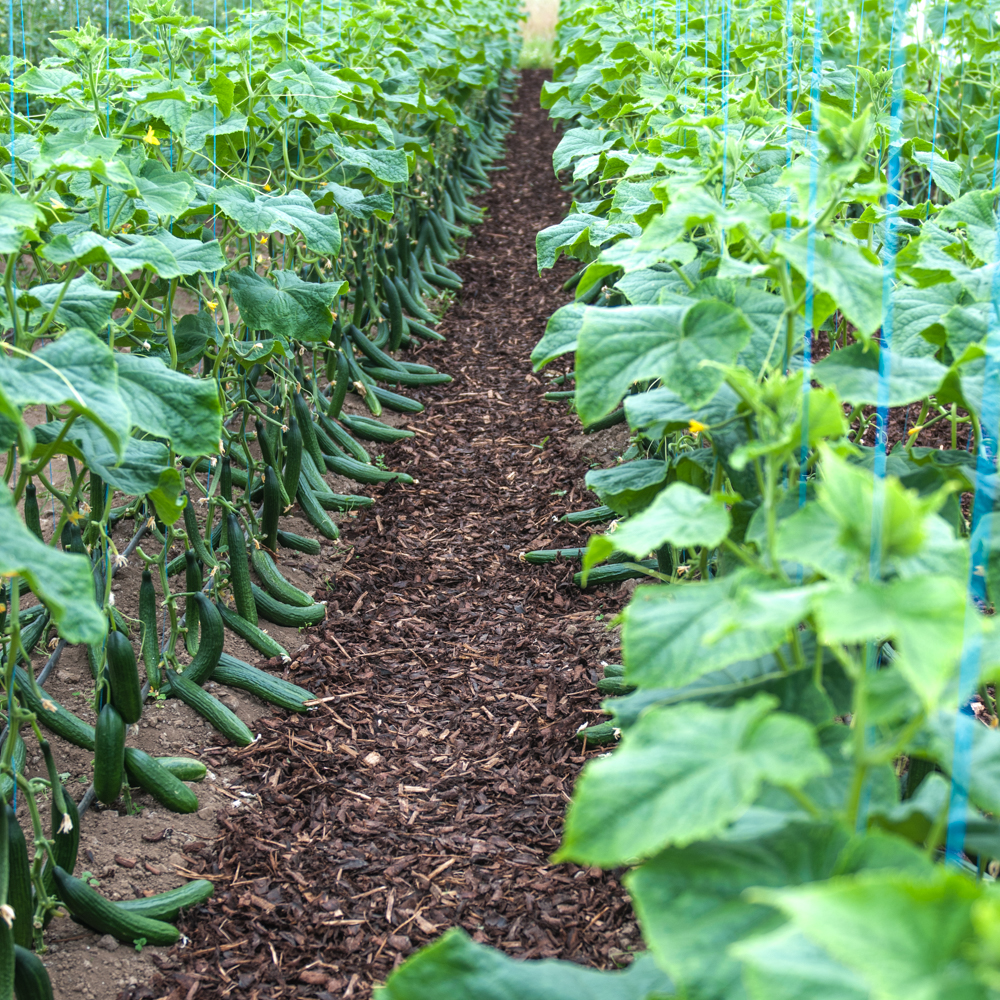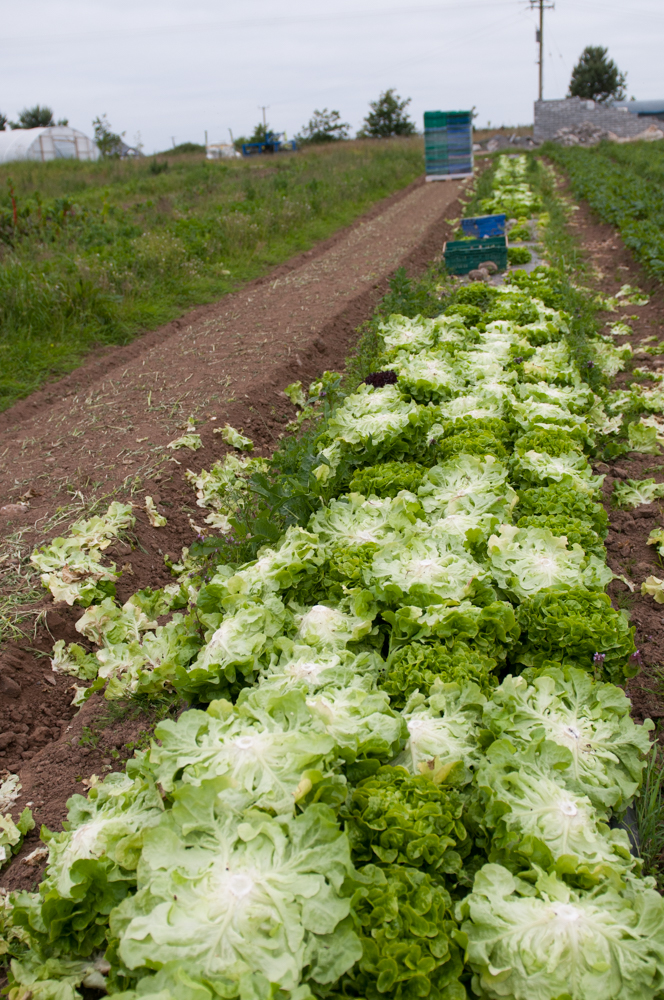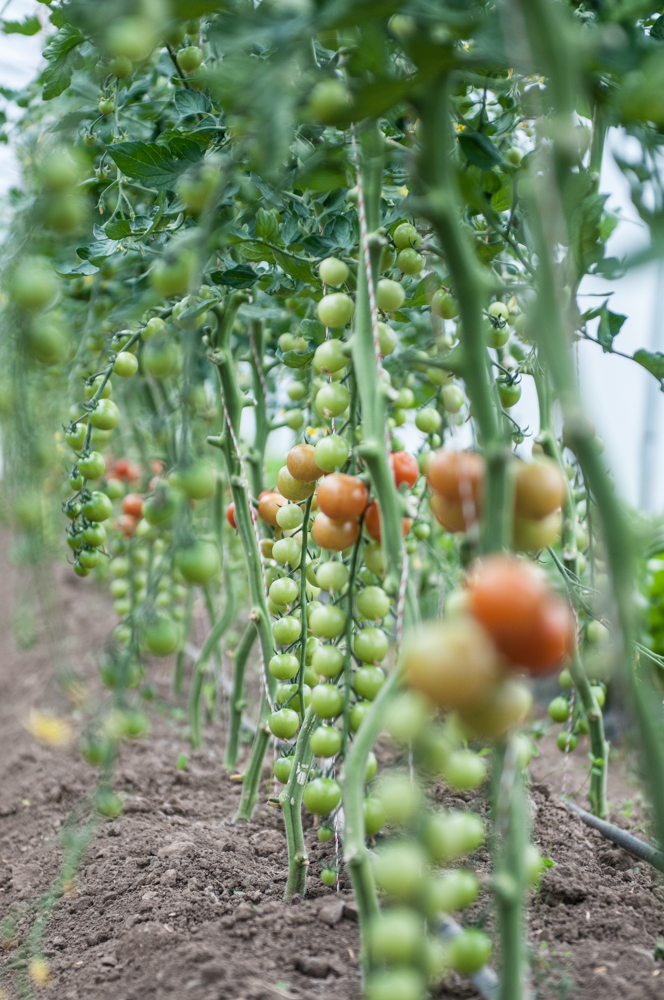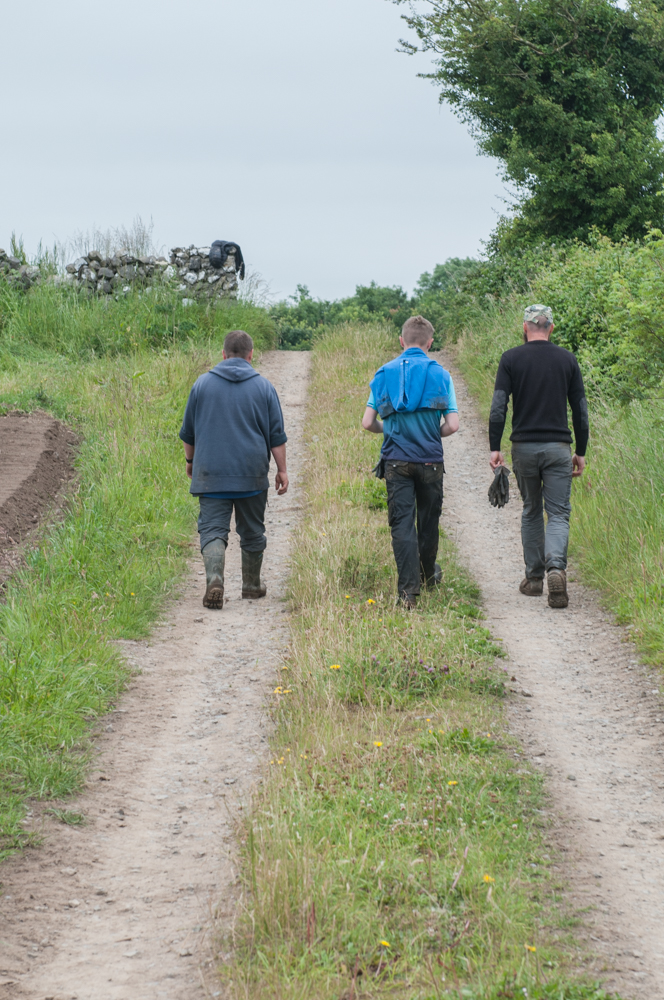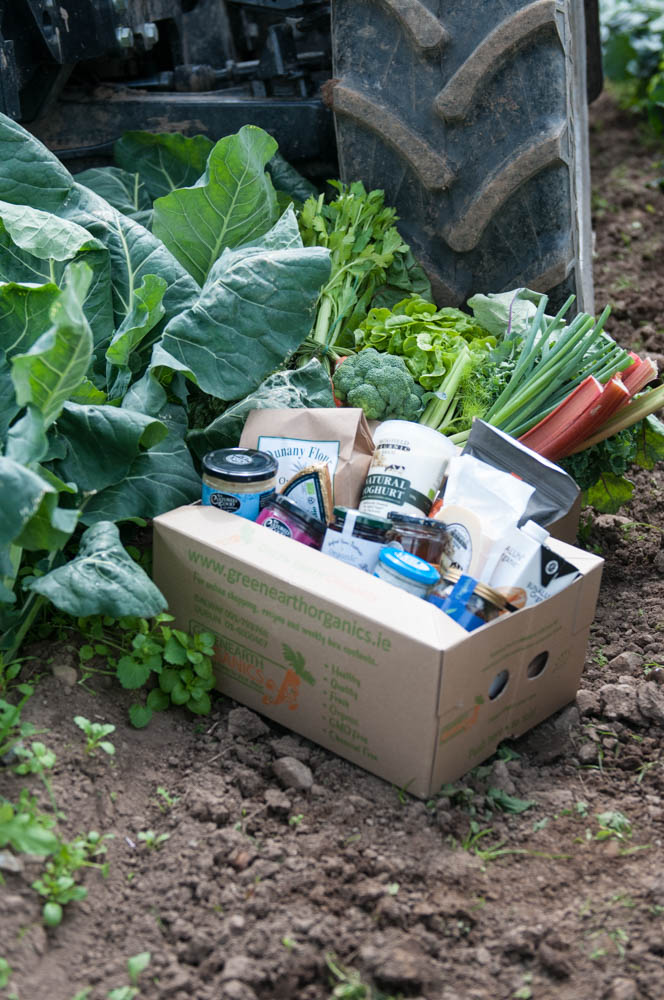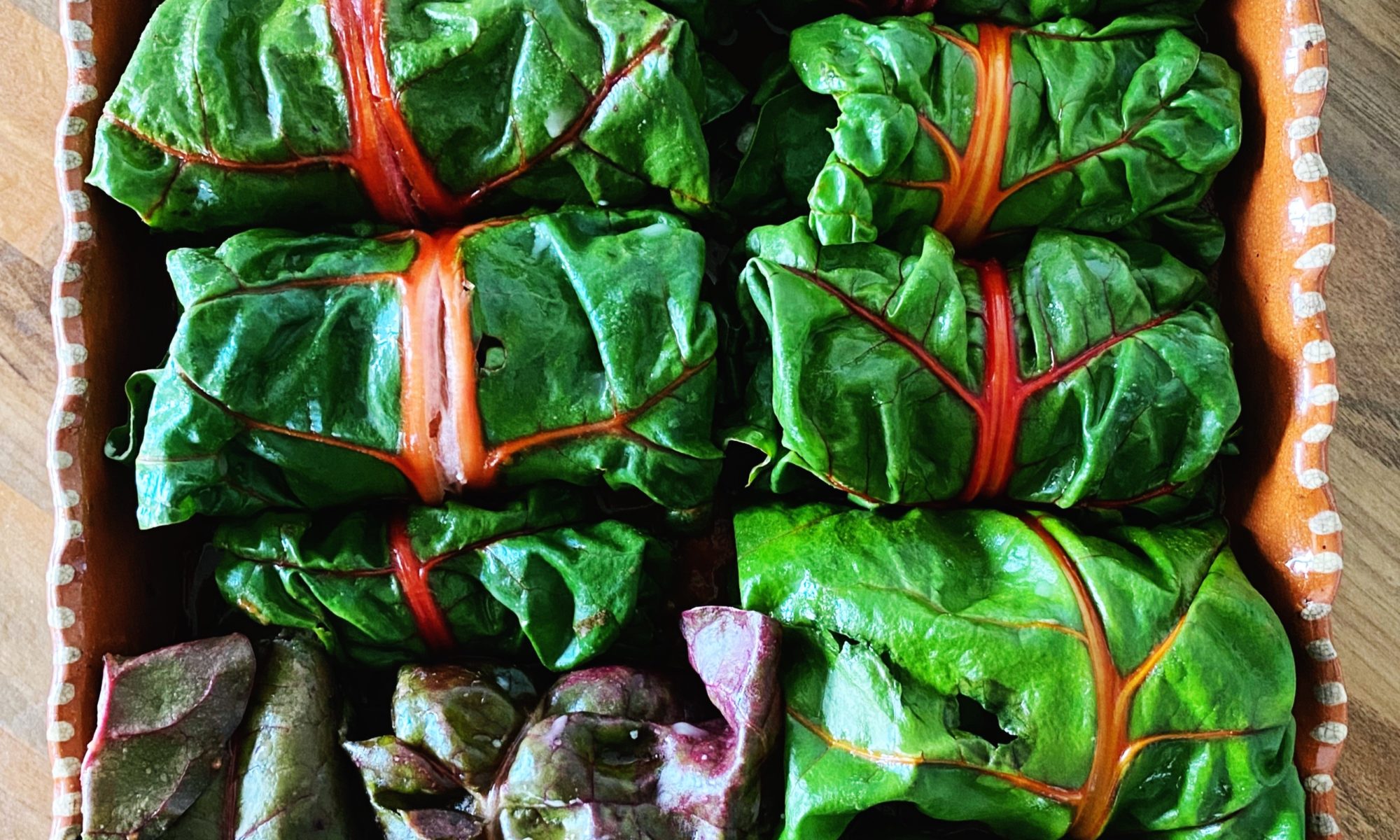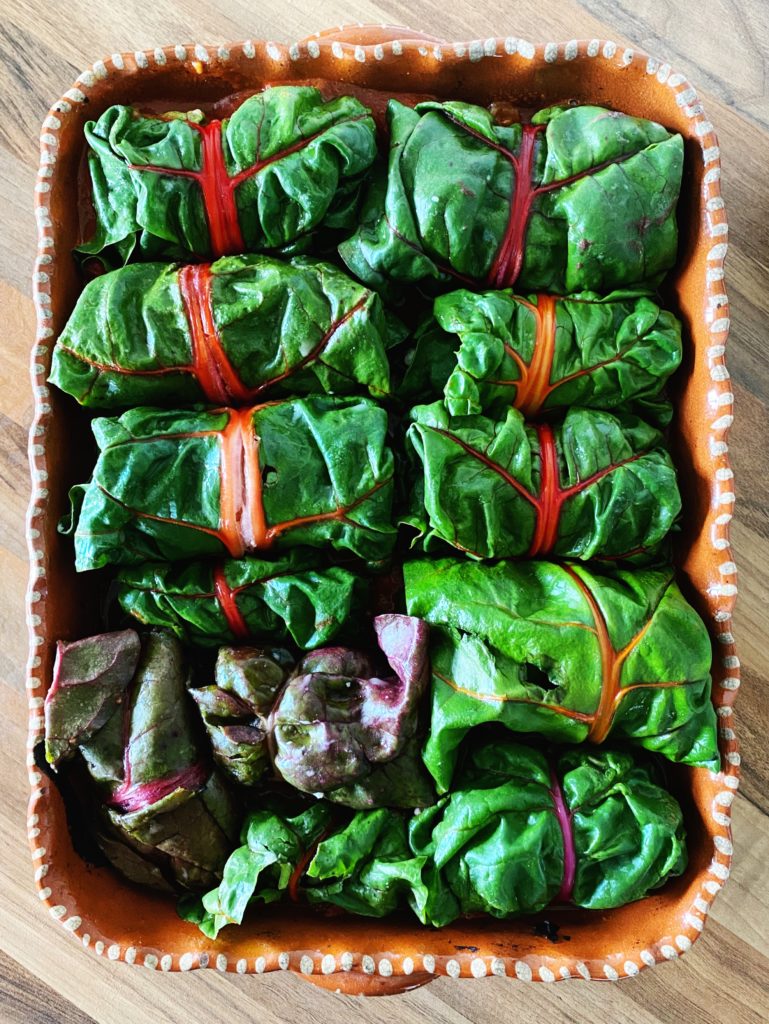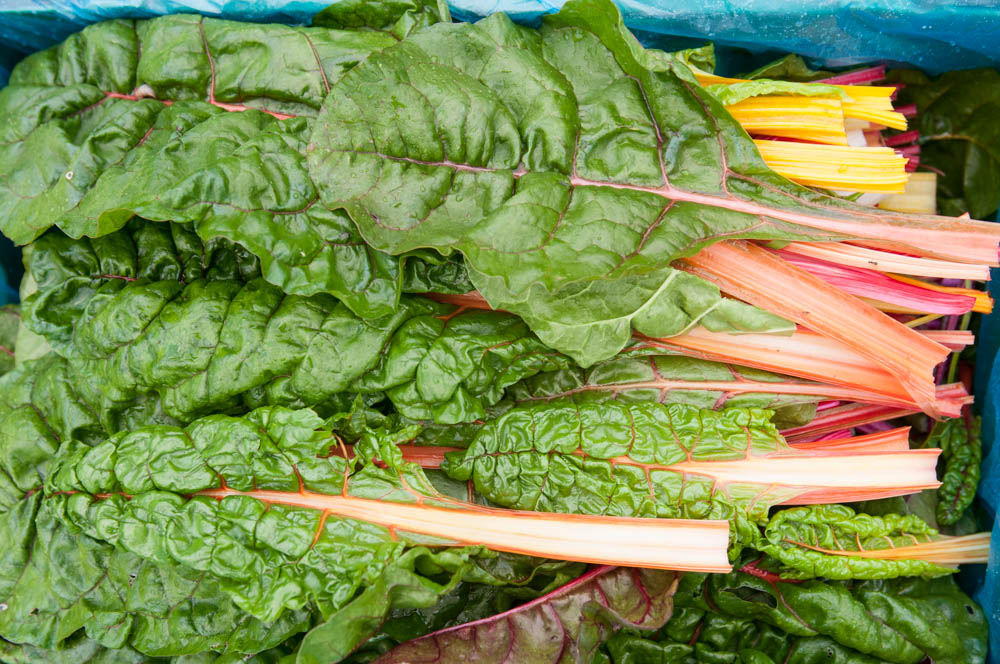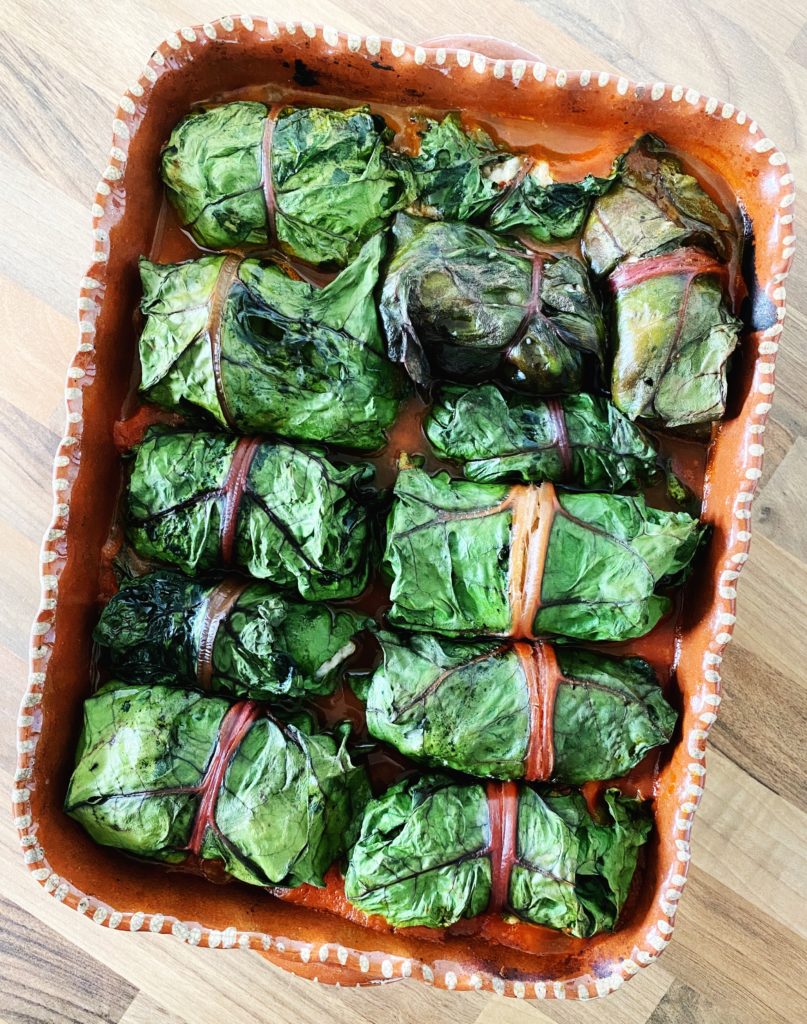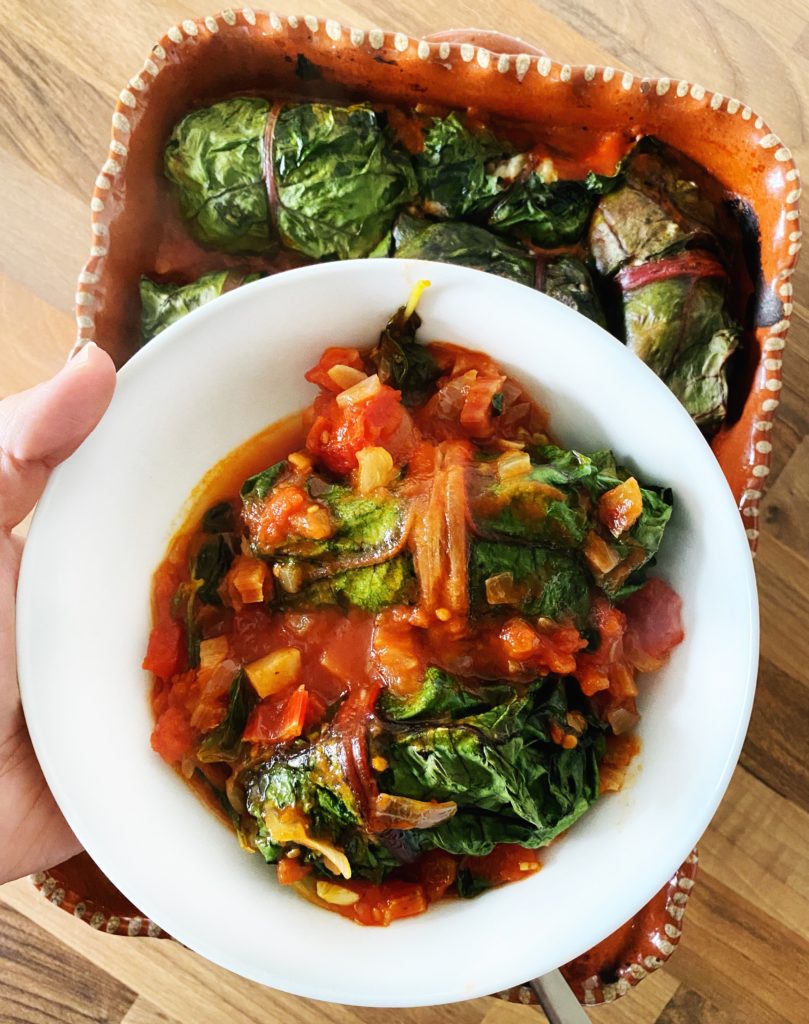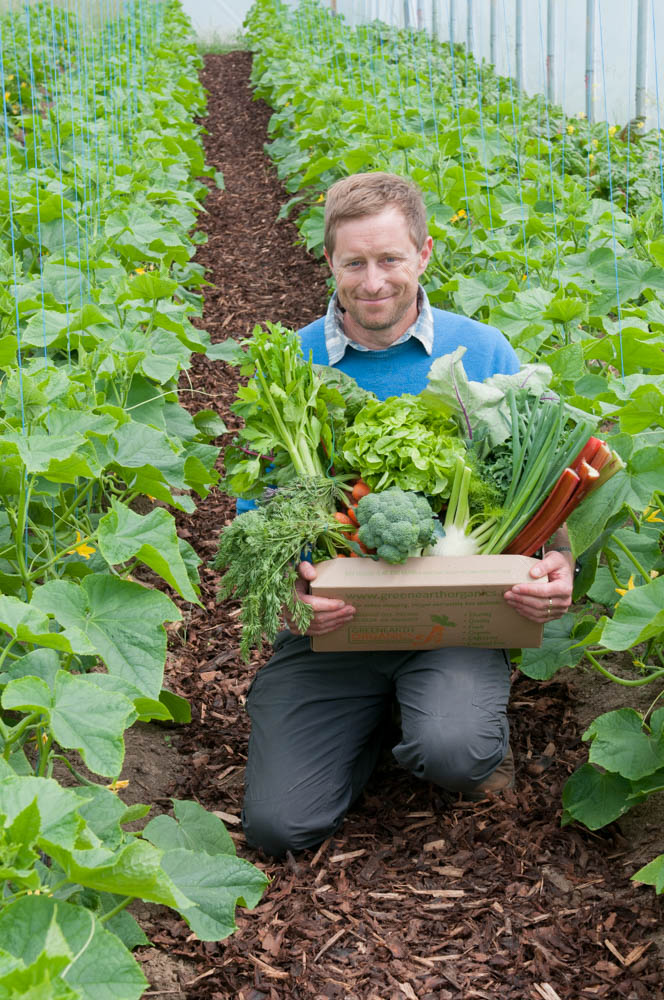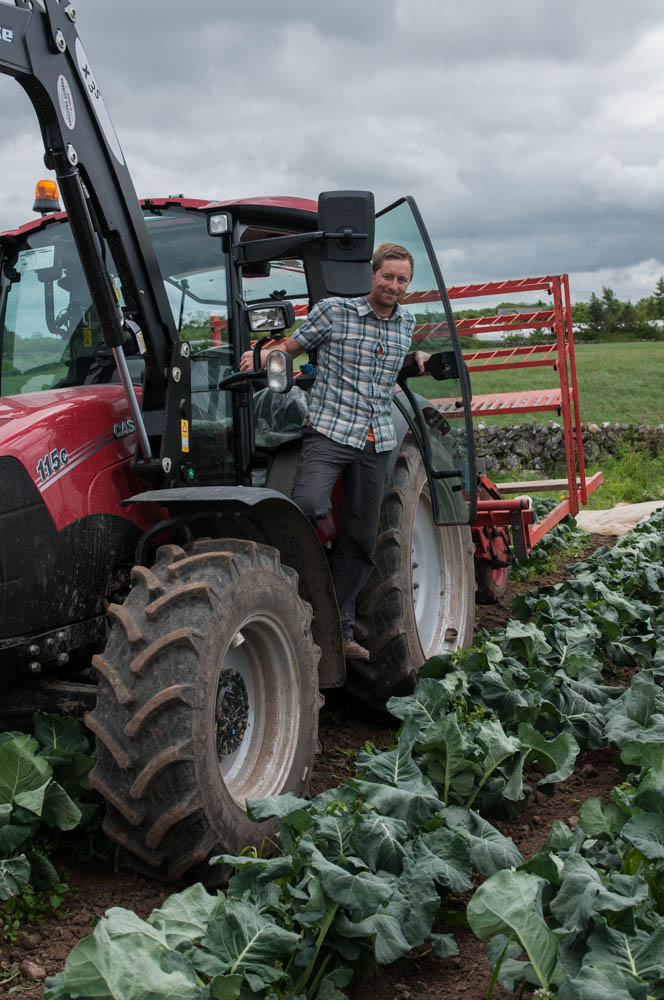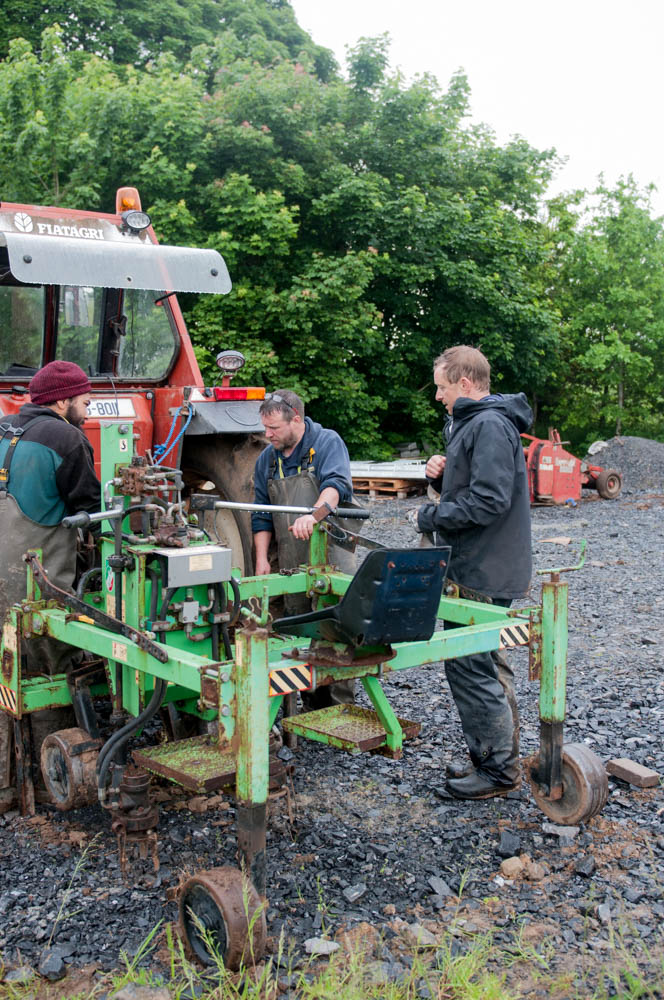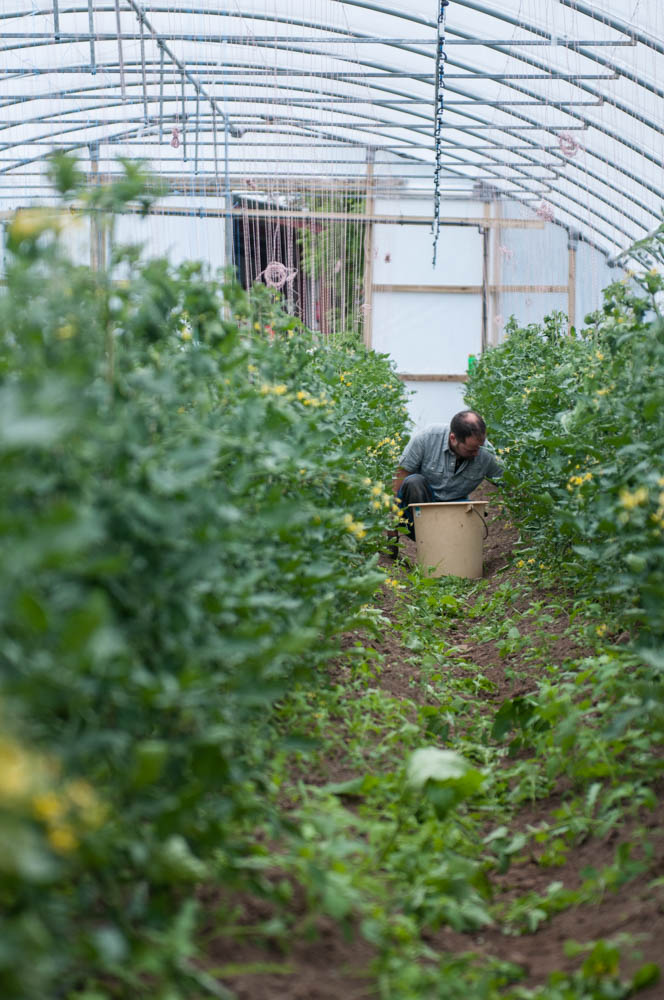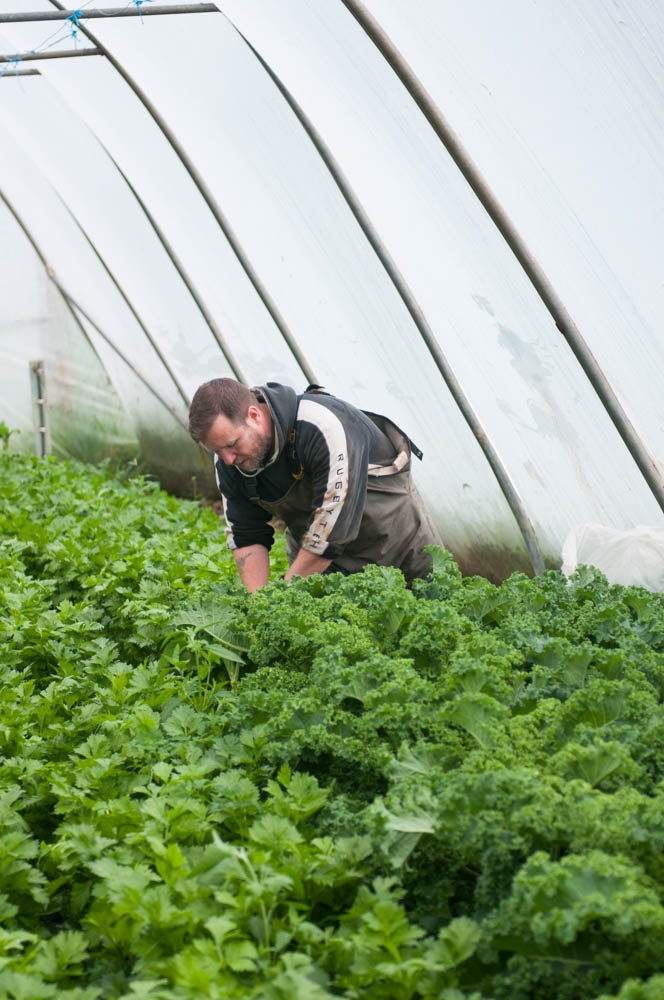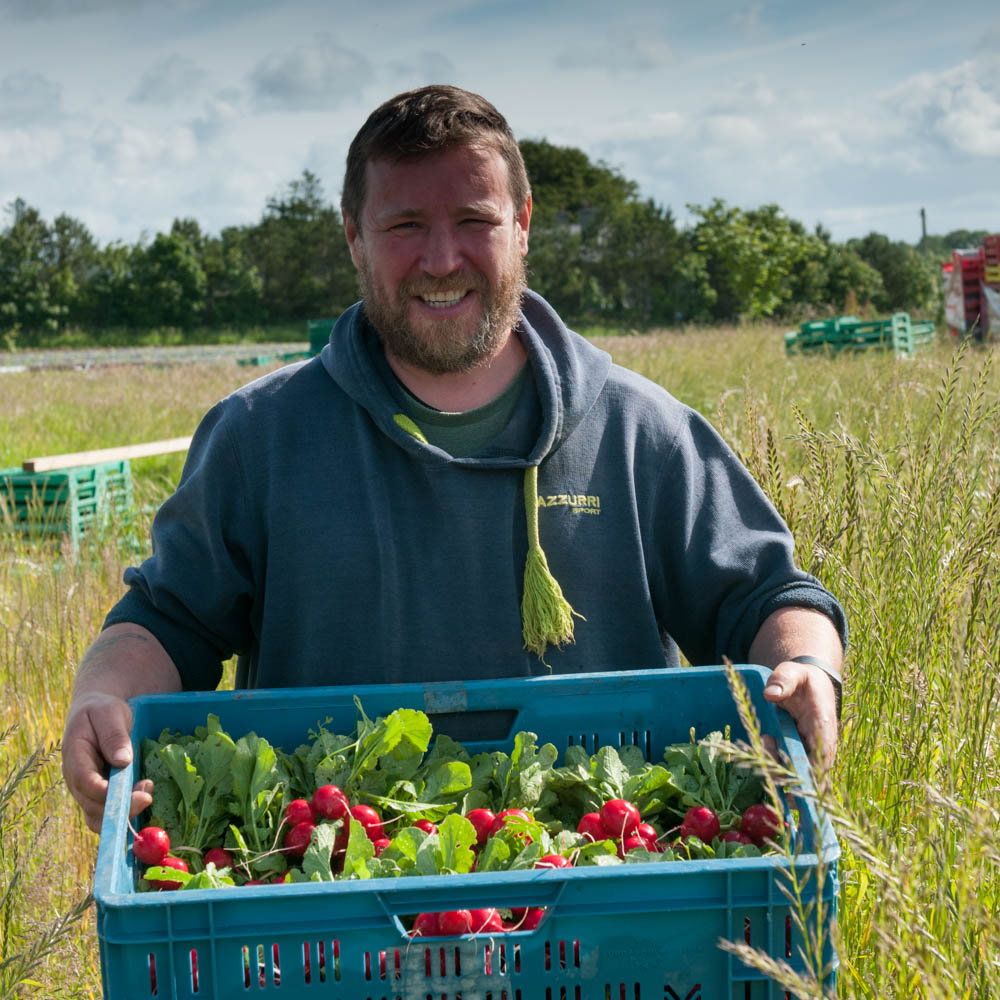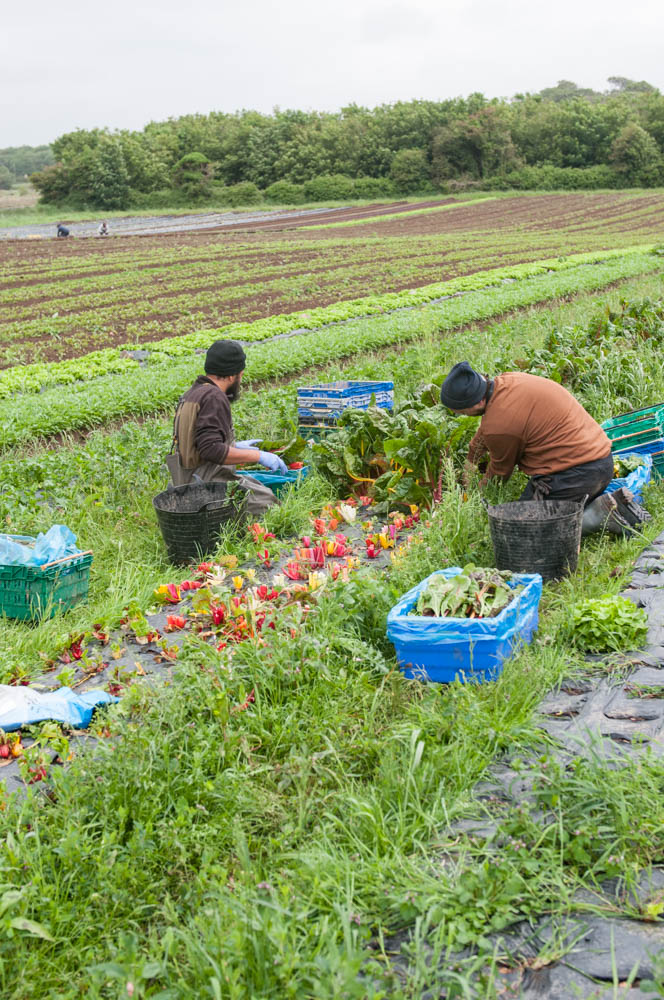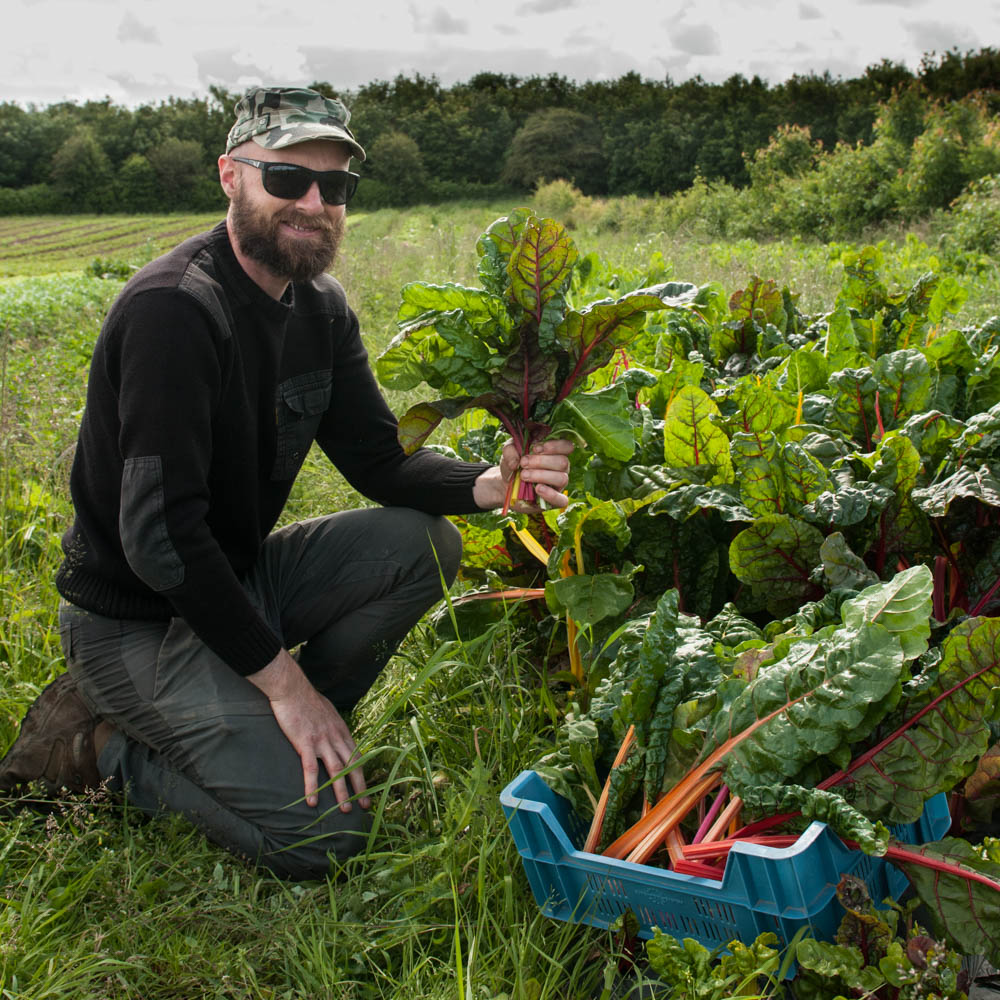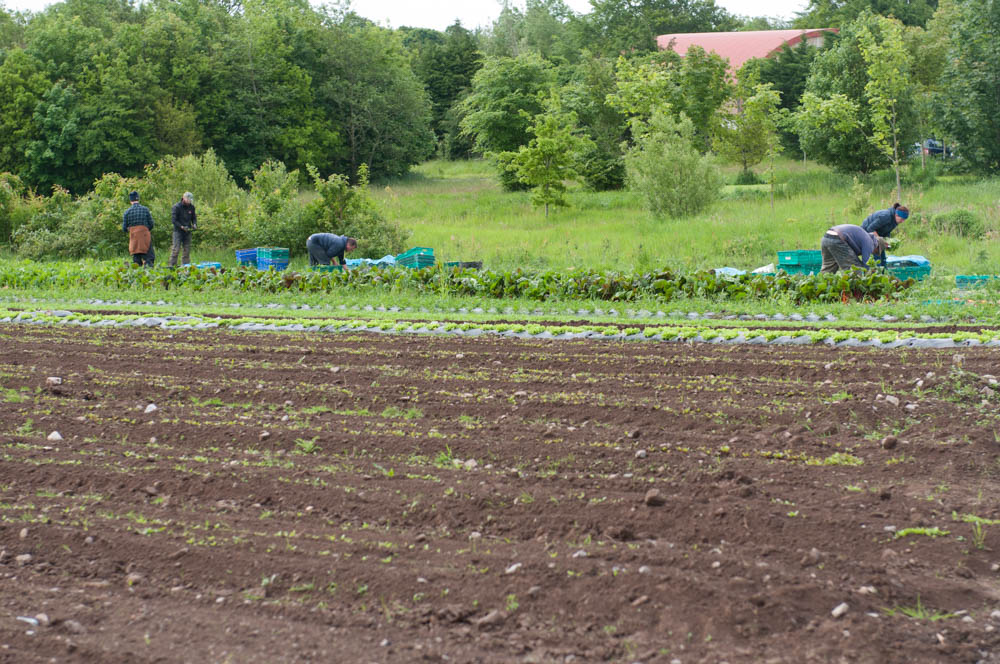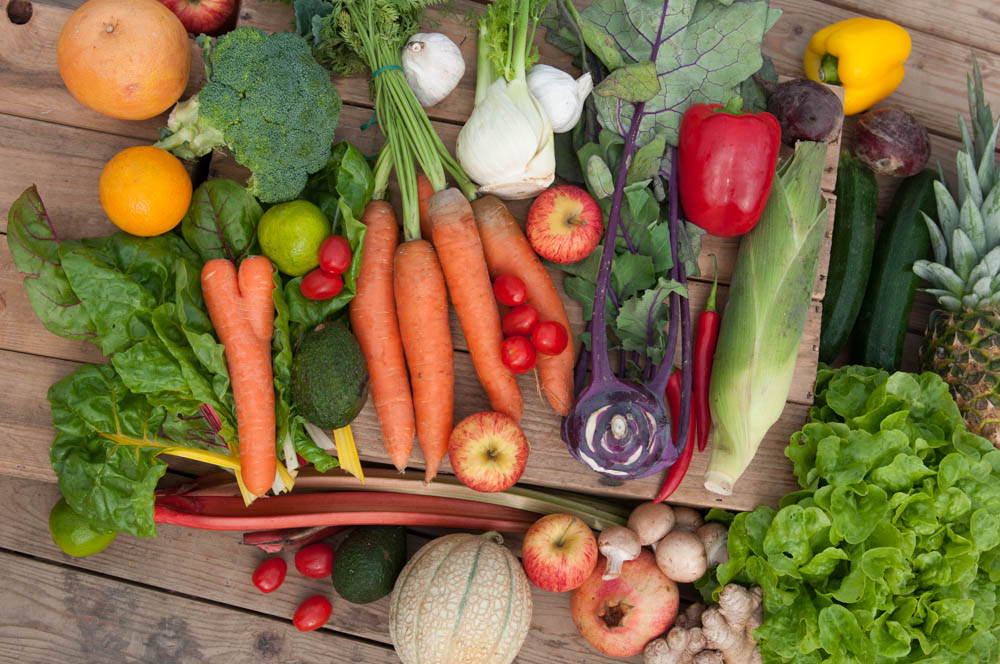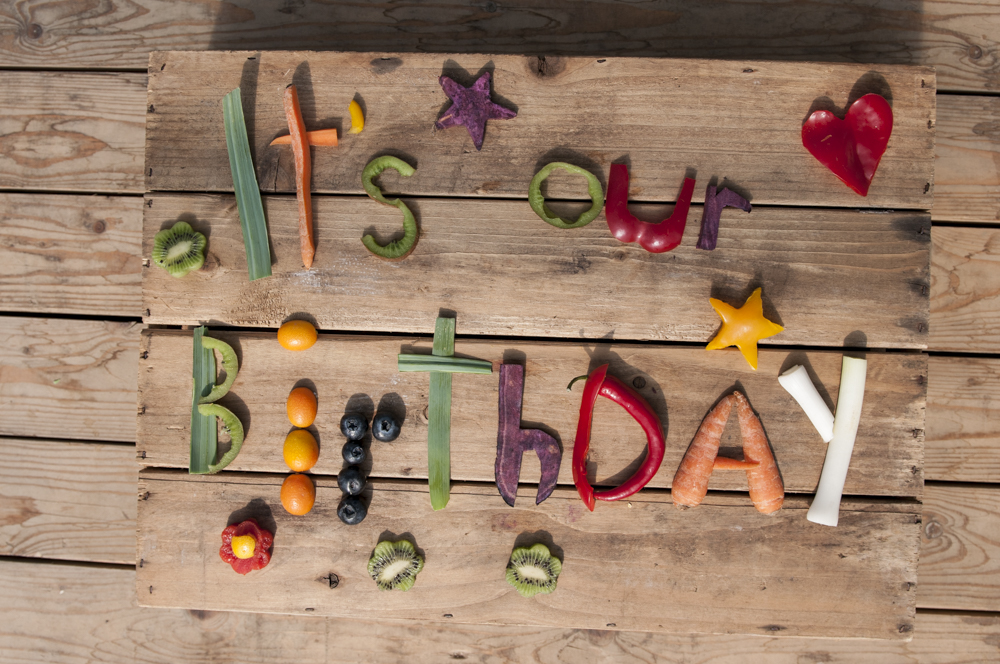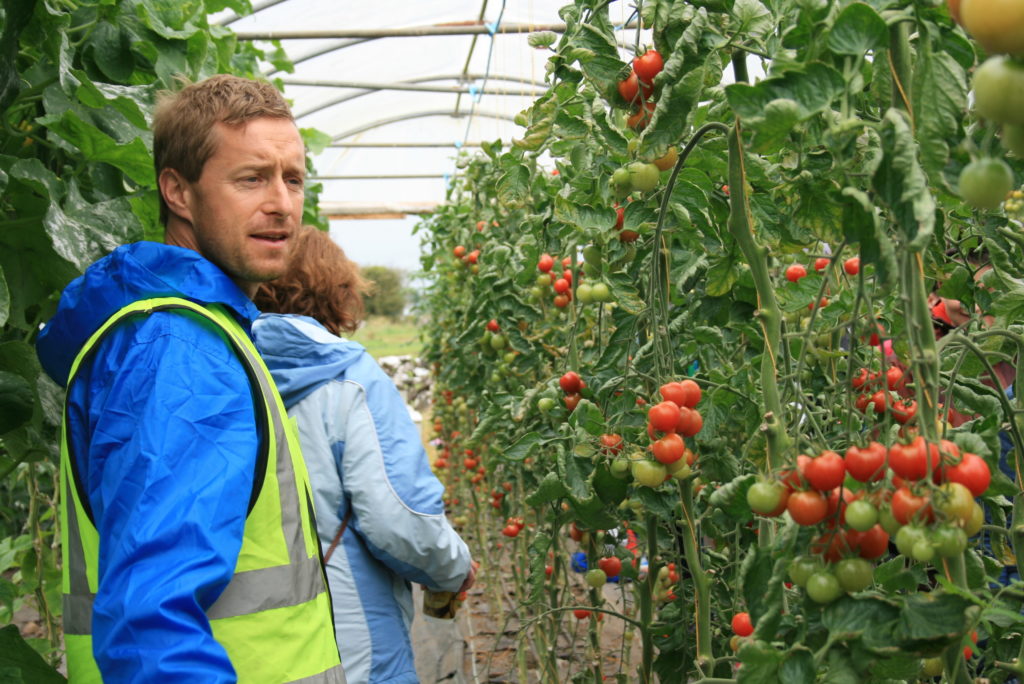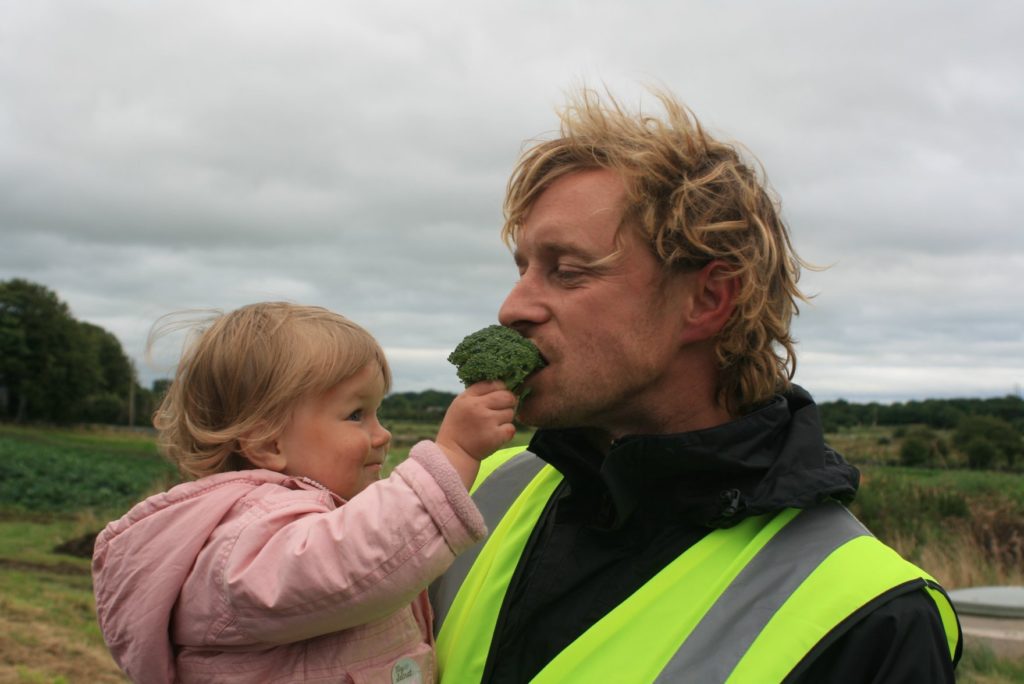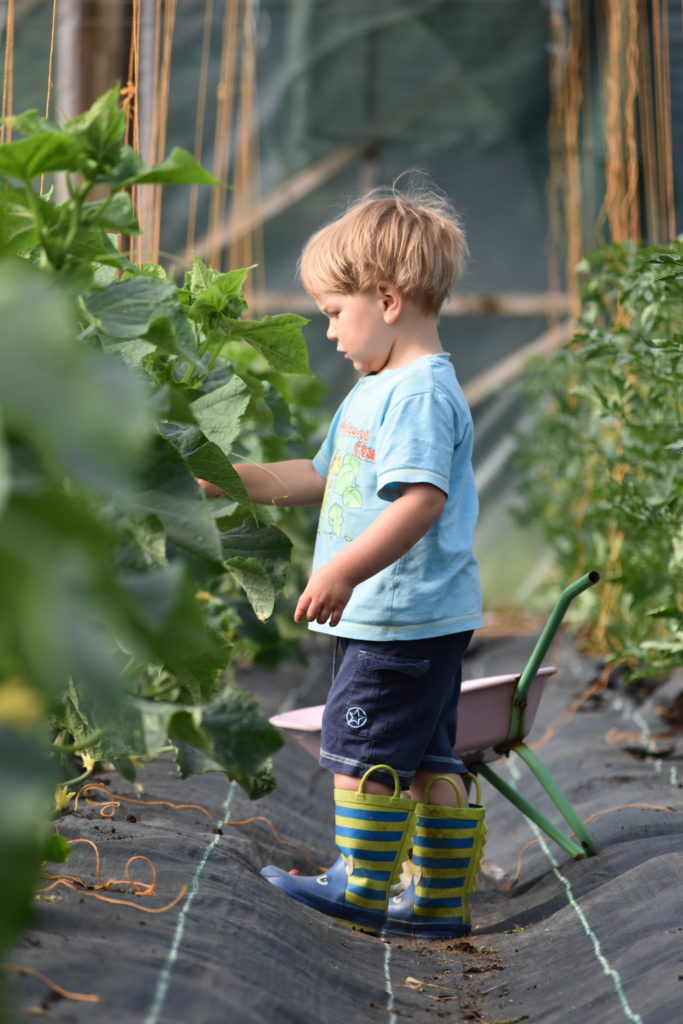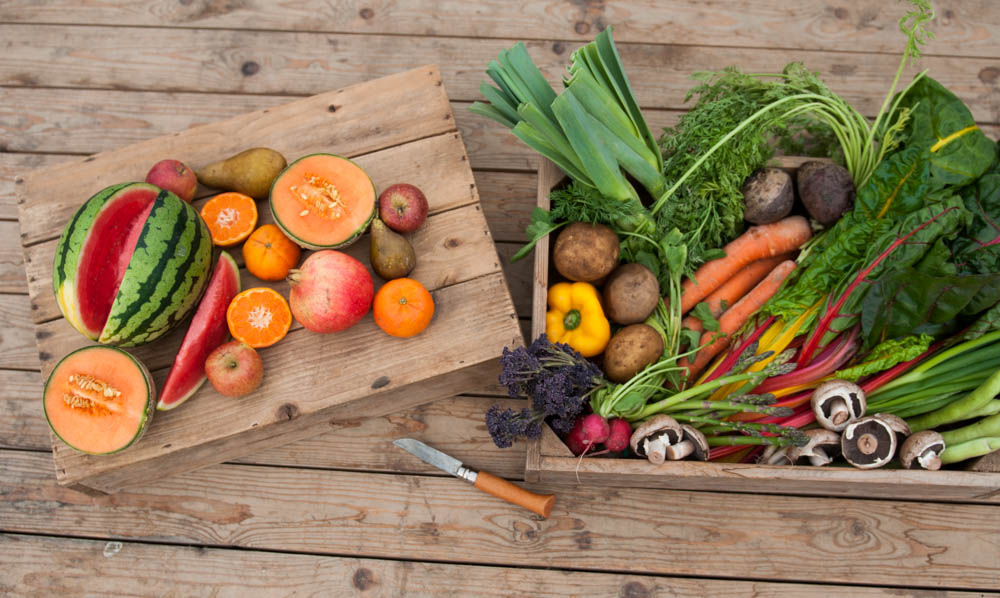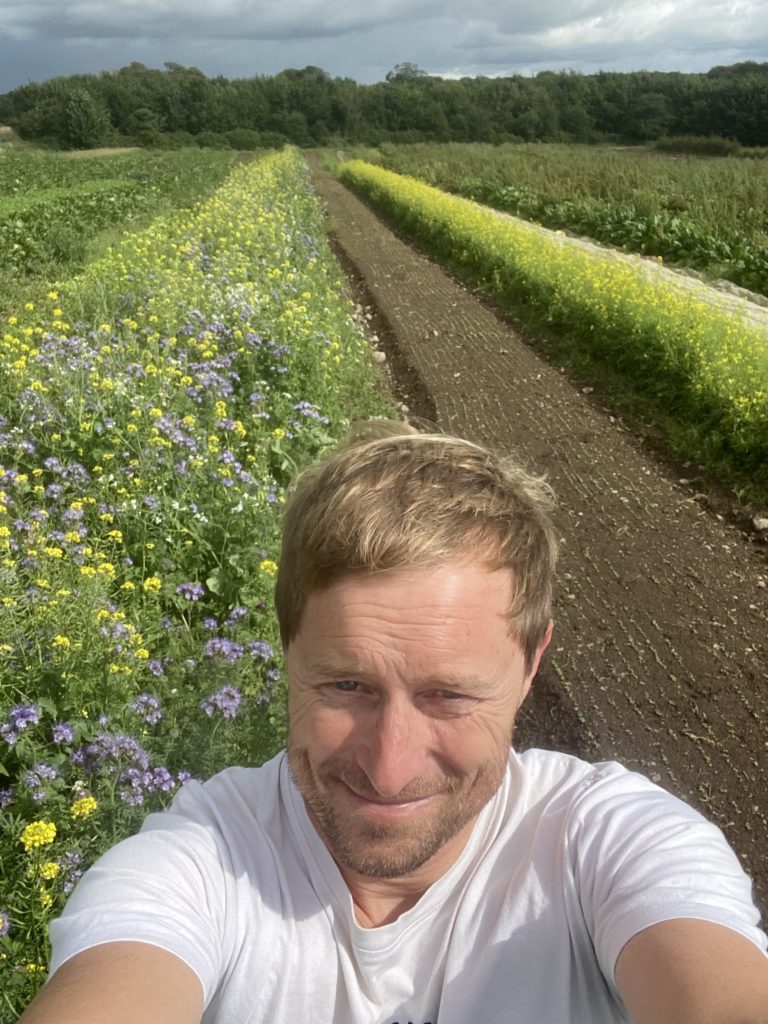
For the bounty of the land, we need to be thankful. My mam used to insist on us all saying a thank you for the food before we ate any meals, especially the special meals at Christmas and Easter. She had the right idea; to stop and think and appreciate our food is something that we rarely do in these busy times but taking stock can be a very good thing to do.

Our food decisions have such massive implications for our health and our planet, there probably isn’t anything more fundamental we can do that is within our control than make good food choices. I guess you could argue that “good food choices” are subjective. I would argue that maybe they arenot, we all know the difference between eating processed junkfood and a healthy apple, that is not subjective, but it goes so much further.
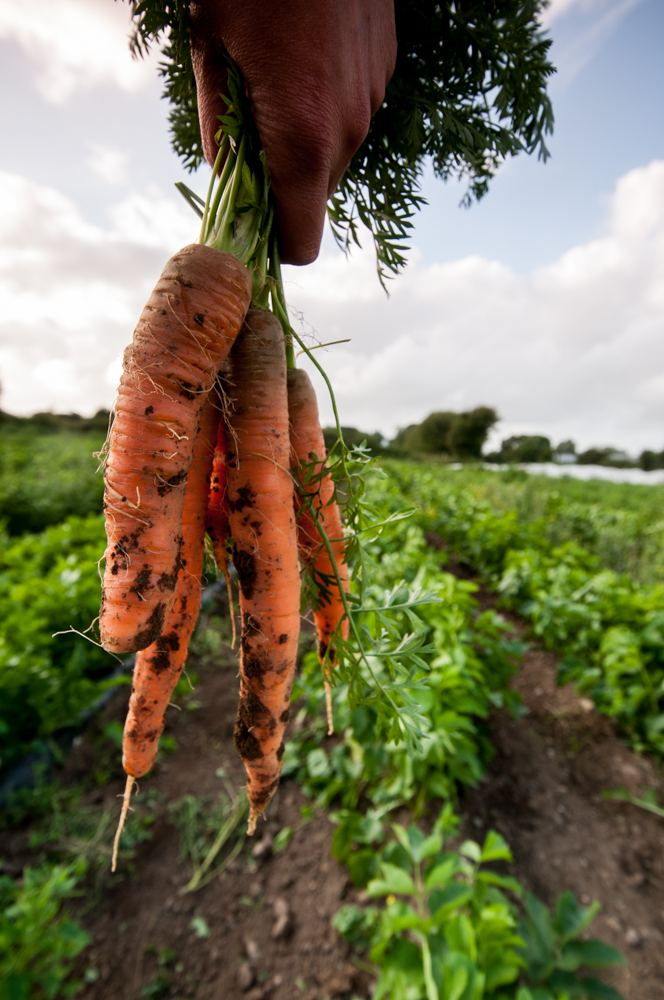
The questions around food choices are many. Do we reduce our meat intake, or do we choose not to eat meat at all? Will we choose local or imported? Organic or conventional?Fairtrade or not? I guess at this stage we know a thing or two about food, we have been growing it for 15 years commercially, and this is my grandad’s farm and he also used to grow his vegetables organically.
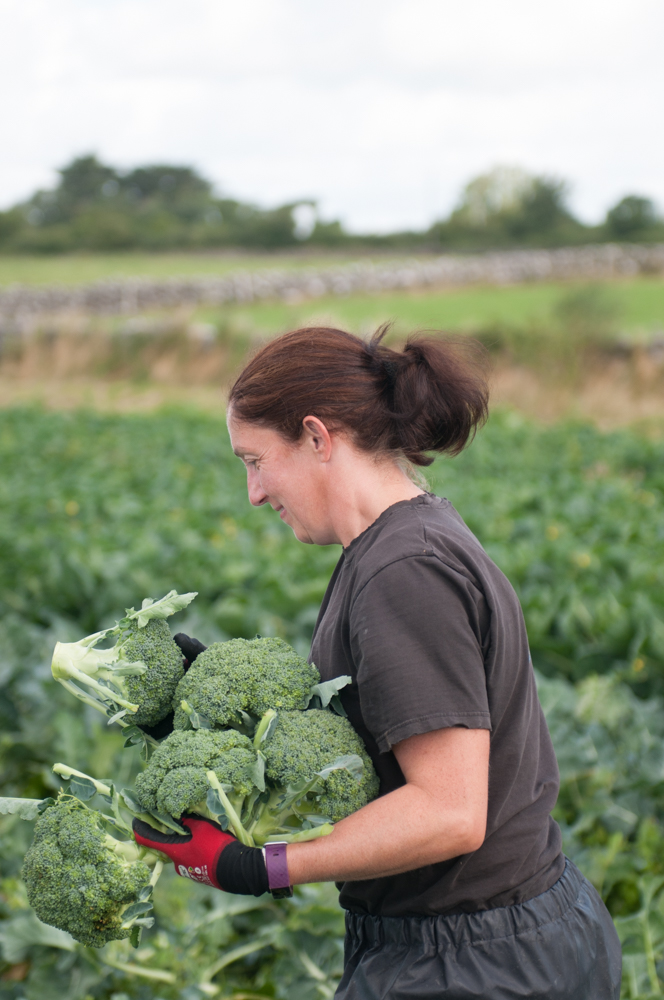
We choose, plants, organic, sustainable, Fairtrade and local (where possible), we choose life (To paraphrase a very famous film!)
My take is simple, and it is the cornerstone of our farm and business: do what is right, don’t use chemicals, work with nature, plant trees, keep bees, grow only vegetables, use natural fertiliser and green manures, rest the land and grow and harvest healthy sustainable food.
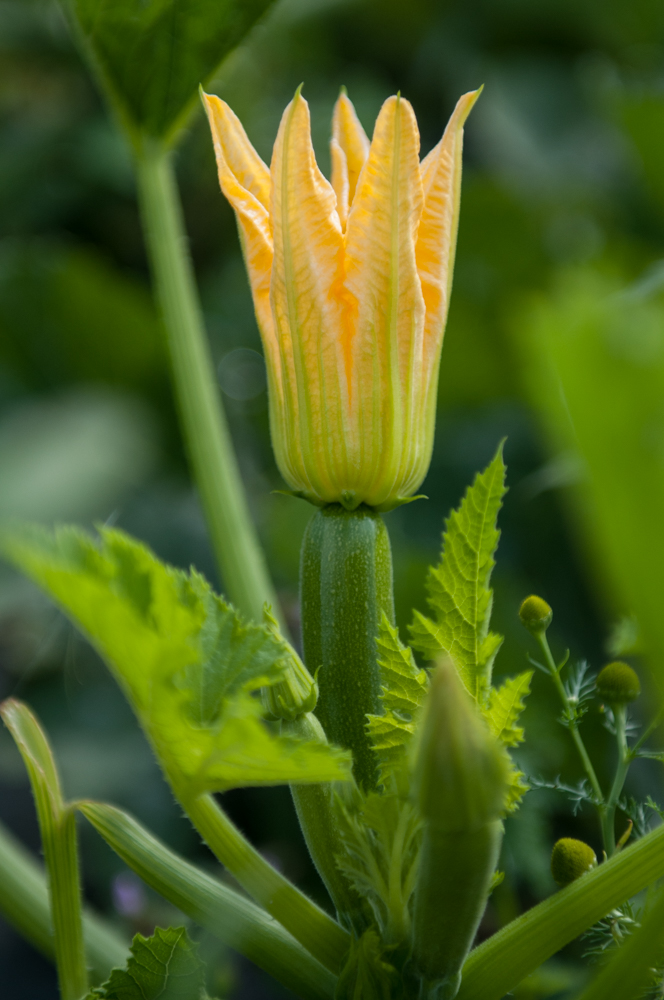
It is ultimately a no brainer, fresh organic food, is more nutrient dense, is tastier and you only get what you see, no hidden chemicals. People often ask why some conventional vegetables keep for so long? Well, if you take citrus fruit for example, they are coated in a chemical wax to preserve them they can last for ages, you will not find any hidden unseen chemicals in or on our food.
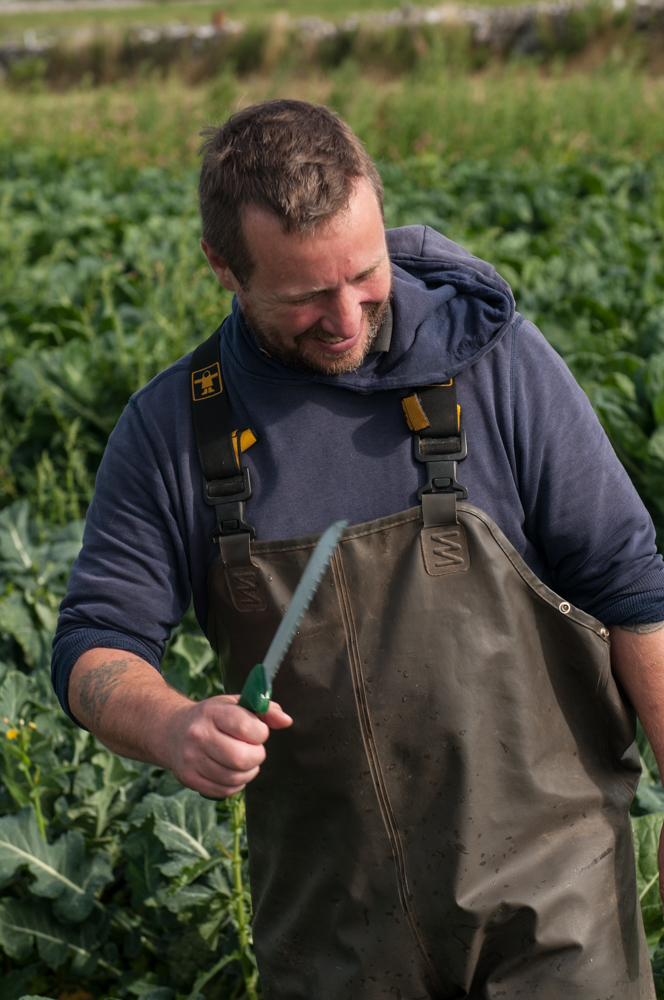
Right now, we are slap bang in the middle of the best local IRISH harvest season, it is the time of local vegetable plenty.This is the culmination of our year’s work, and we are rolling in produce so much so that we don’t have enough homes for all our broccoli and courgettes. But we have come up with some great ways to move it on and to say thank you too for supporting us, next week all set boxes will get a free extra portion of courgettes, so enjoy!
Right now, we are harvesting: Kale green, Cavelo nero,cabbage, broccoli, Romanesco, tomatoes, cucumbers, courgettes, lettuce, salad, carrots, fennel, beetroot, spinach, radish. We also have IRISH scallions, onions, new potatoes, mushrooms, garlic, leeks, yellow courgettes, it’s a long list.
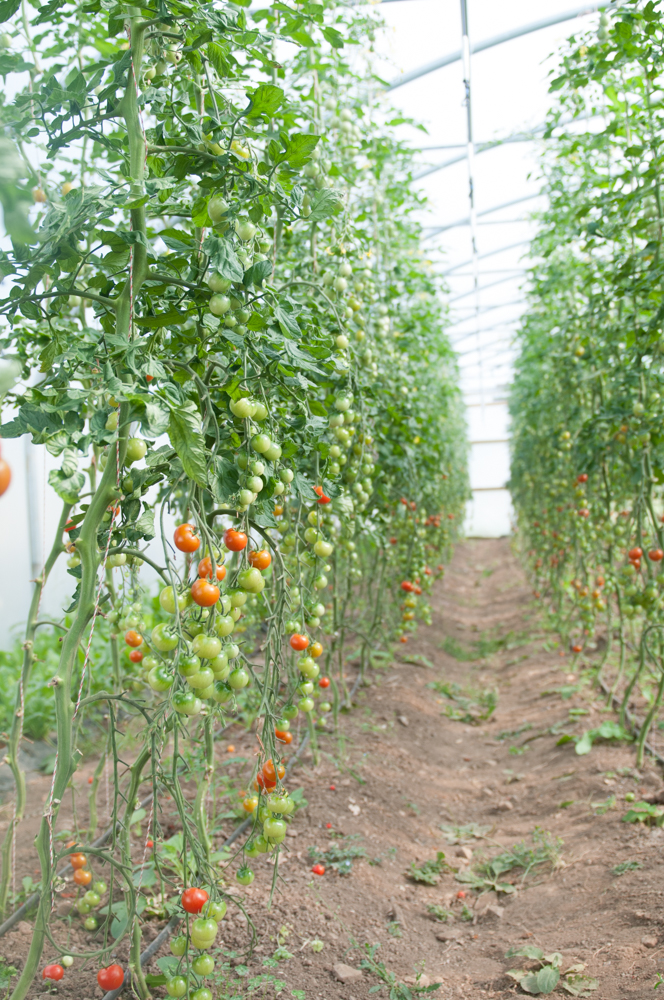
My absolute favourite thing to do right now is to go to our polytunnels and pick my own tomatoes for lunch, they taste amazing, they are grown right here in Galway, and you will not get better. They are in all the boxes next week, and a little trick to bring out the flavour is to eat them at room temperature not straight from the fridge.
So yes, we are thankful for the bounty, and we are also thankful for your support to make a real sustainable commercial organic vegetable growing enterprise a reality right here in Sunny Galway.
Kenneth
Have a look at our range here.
